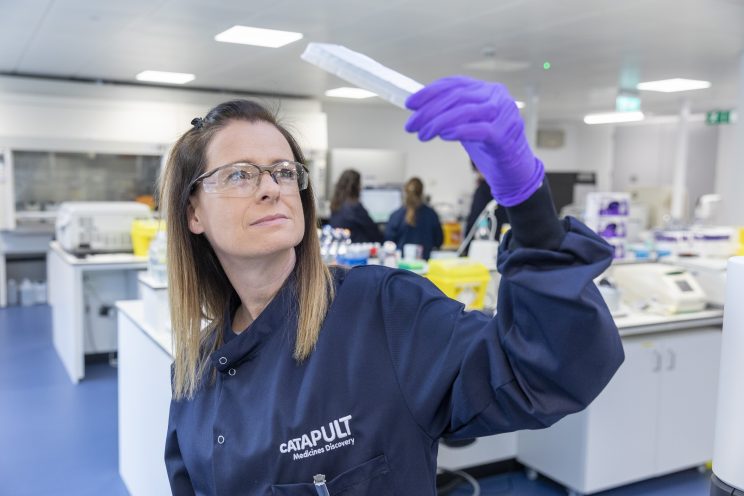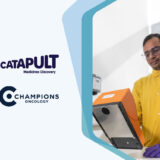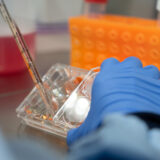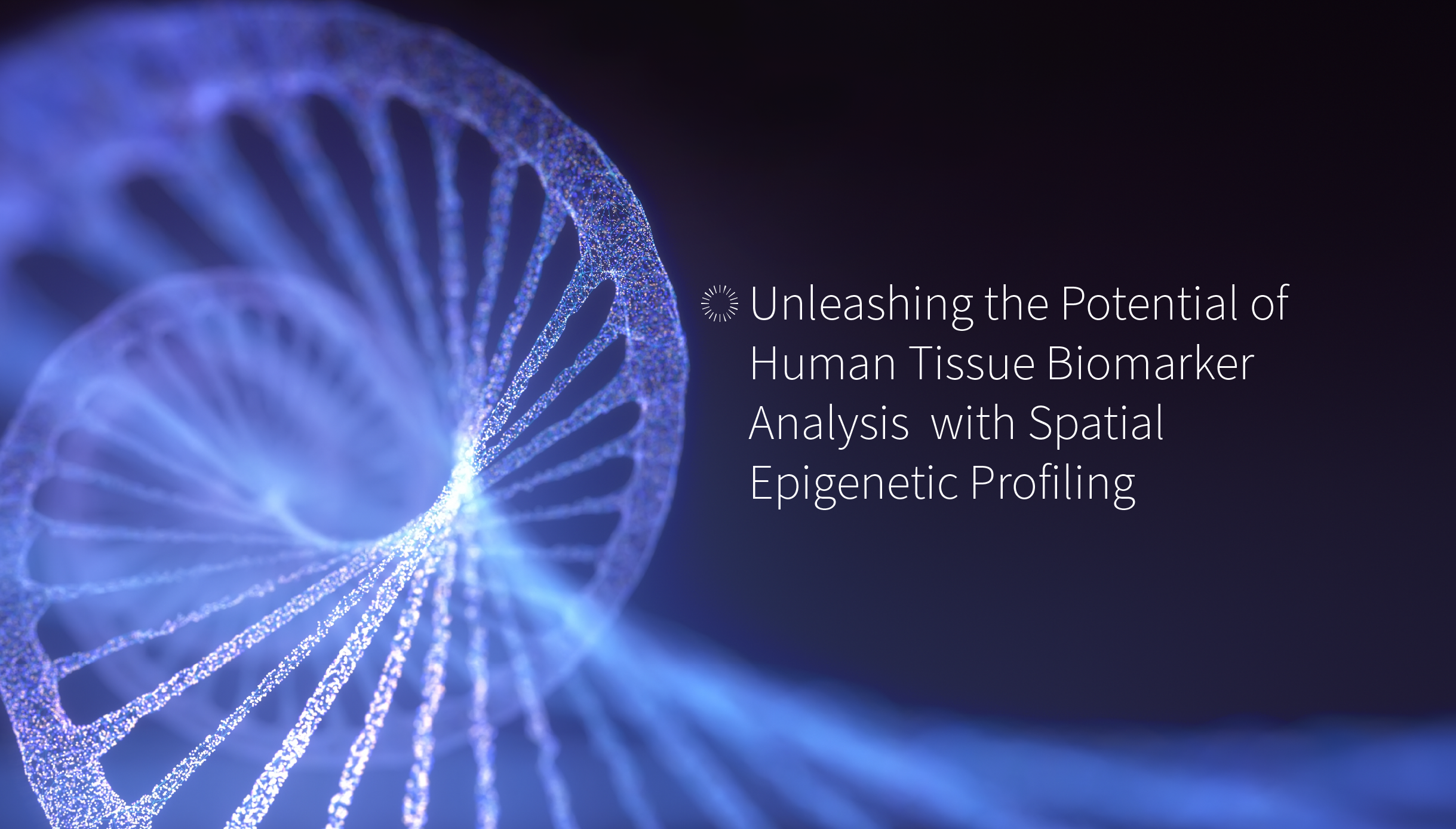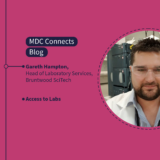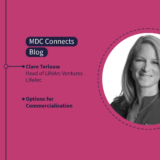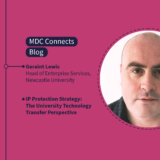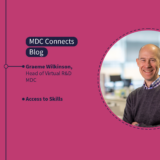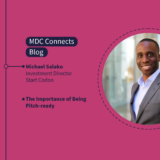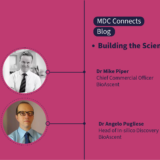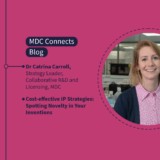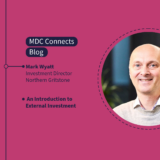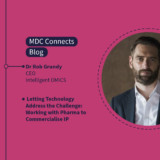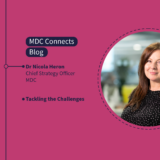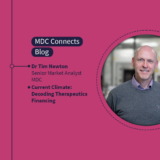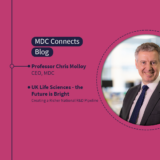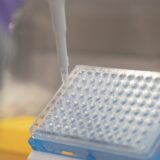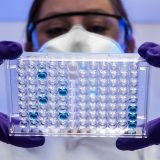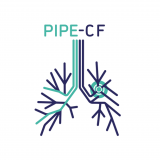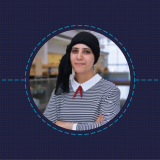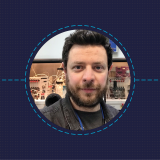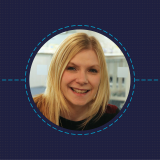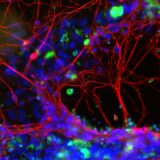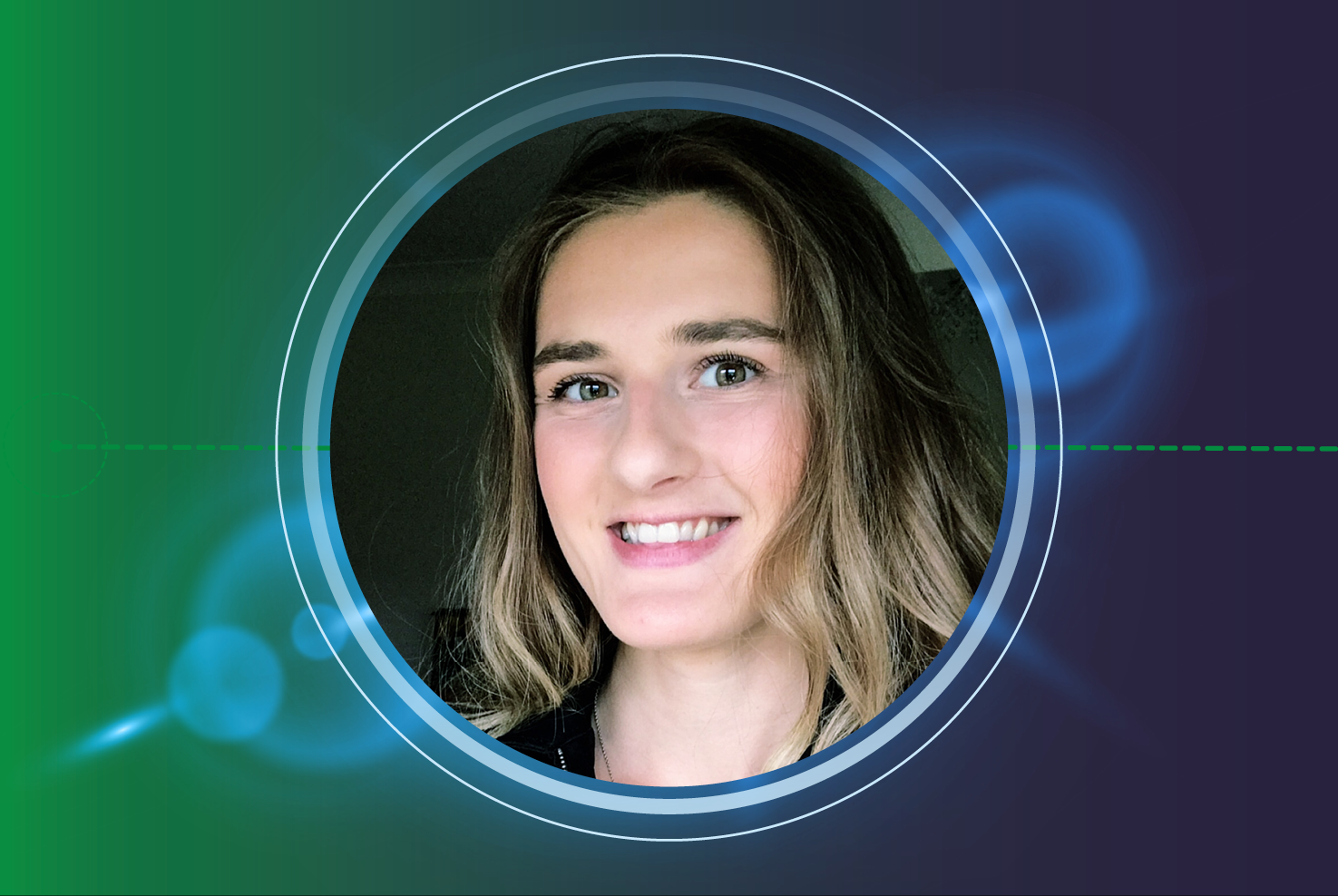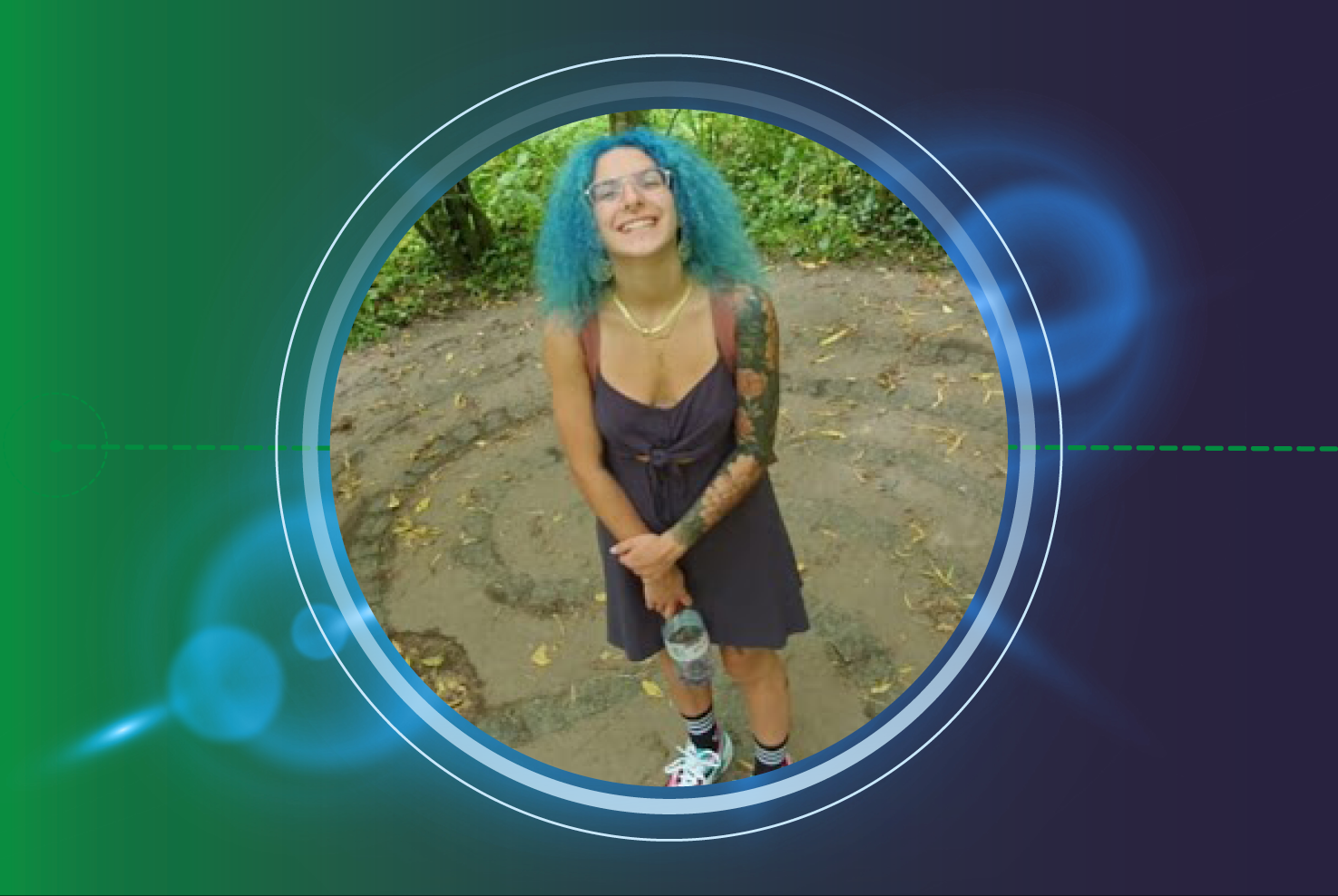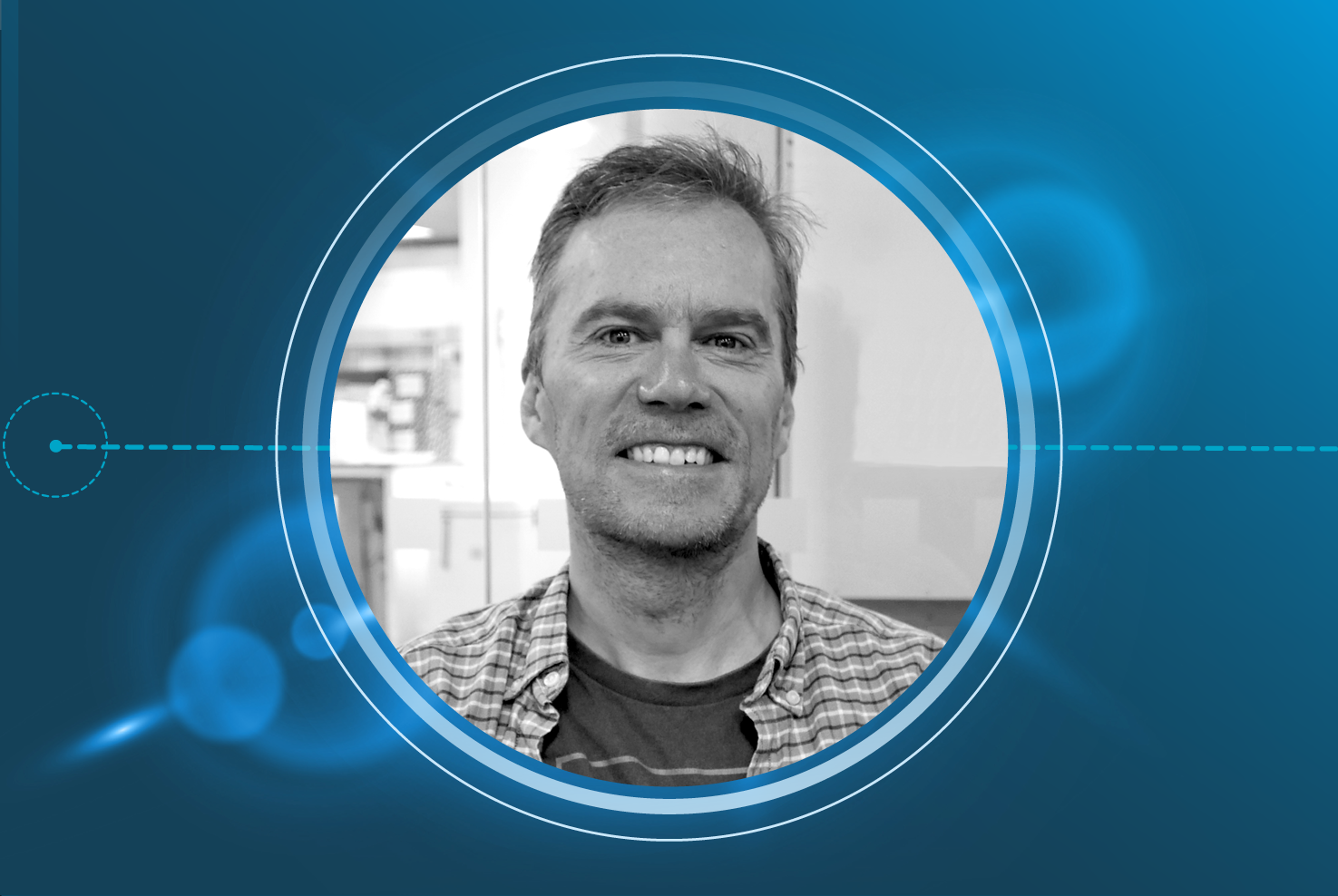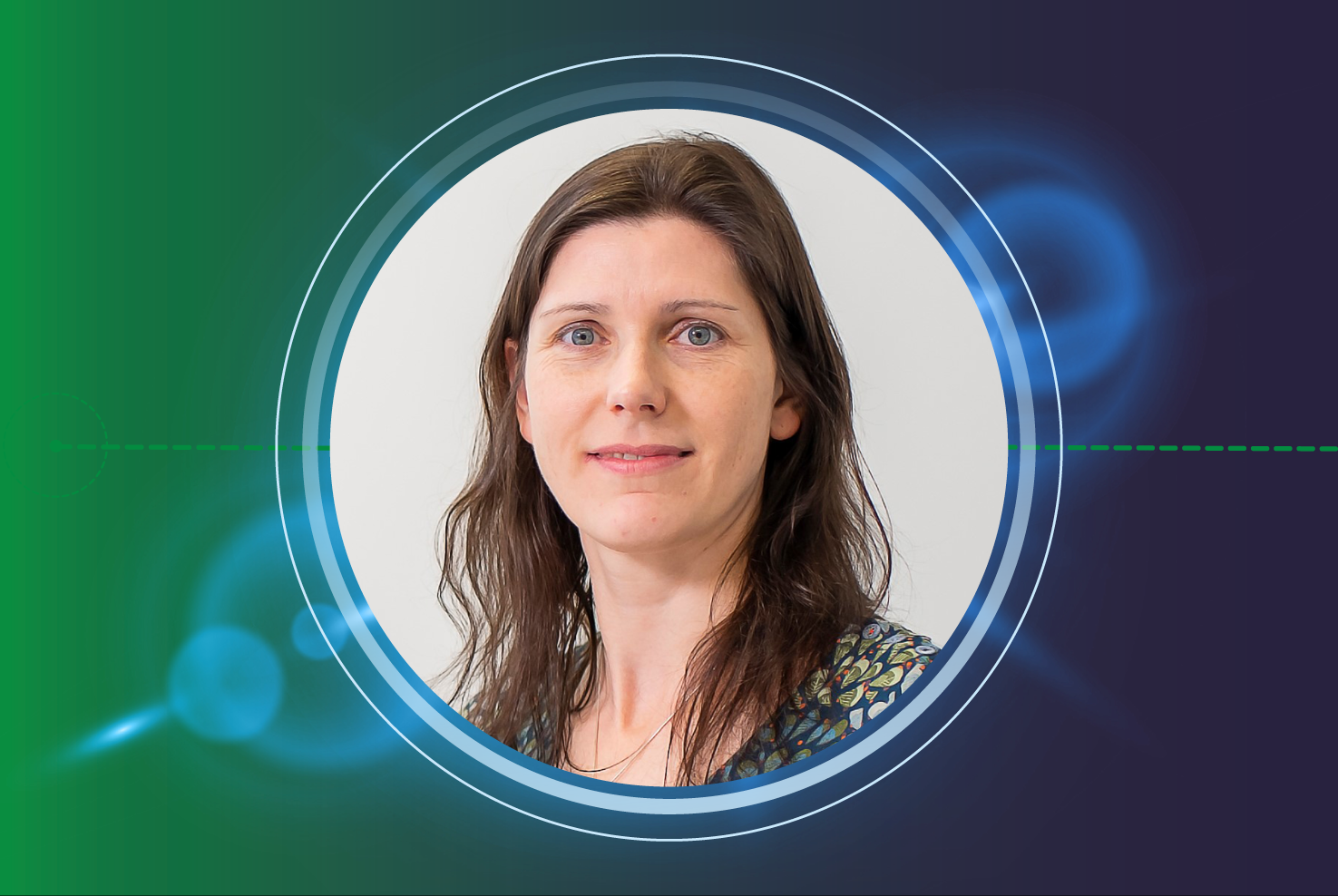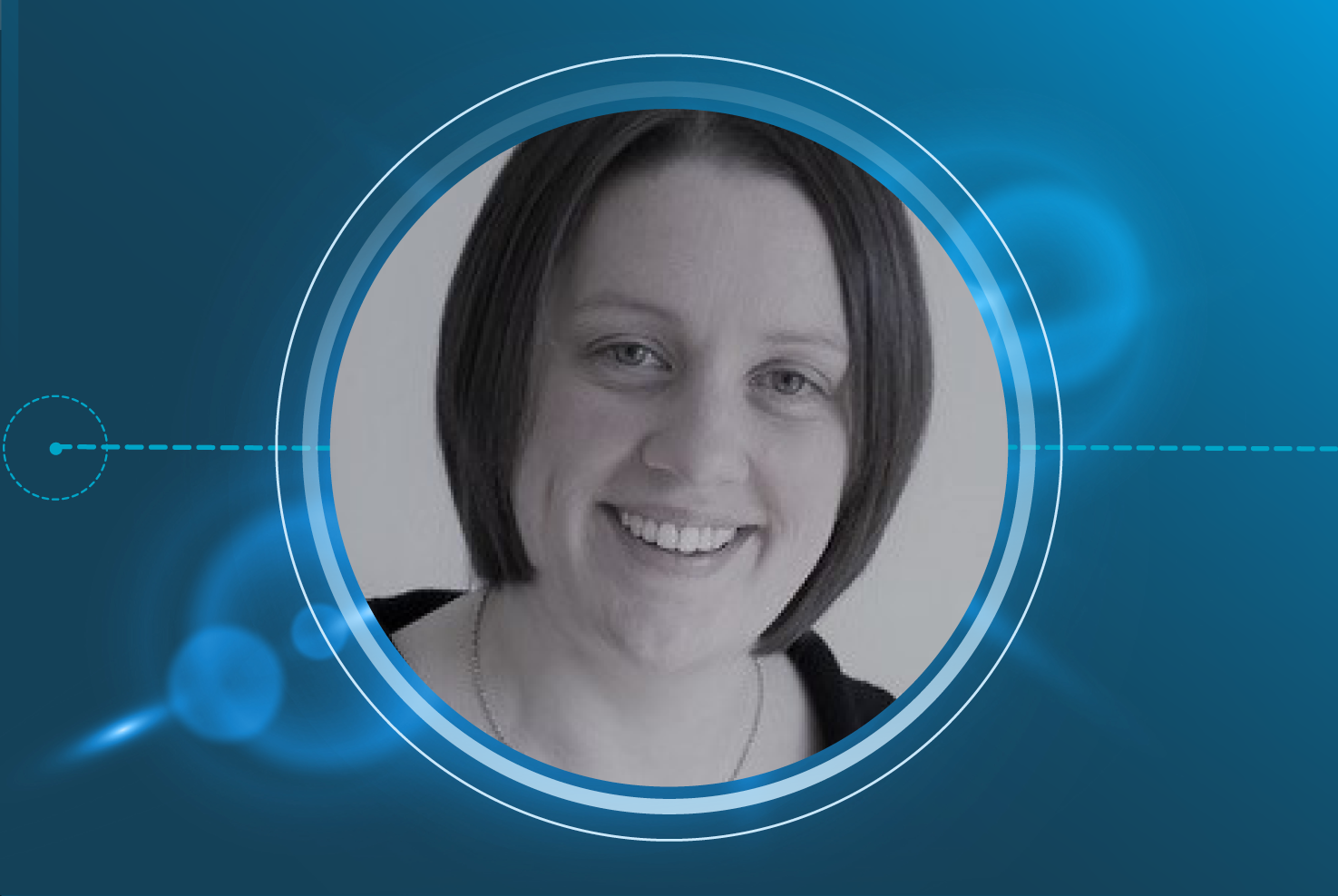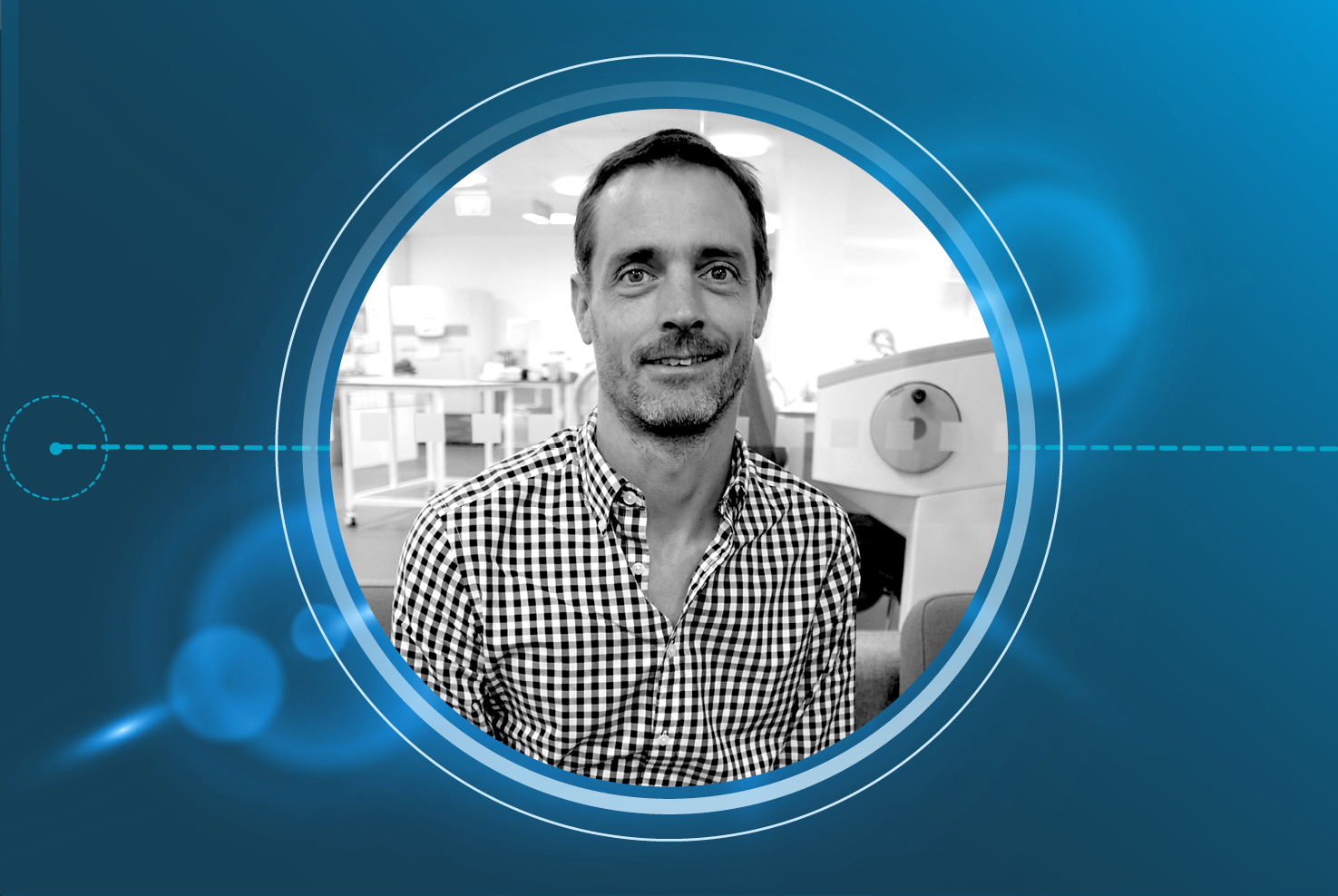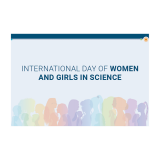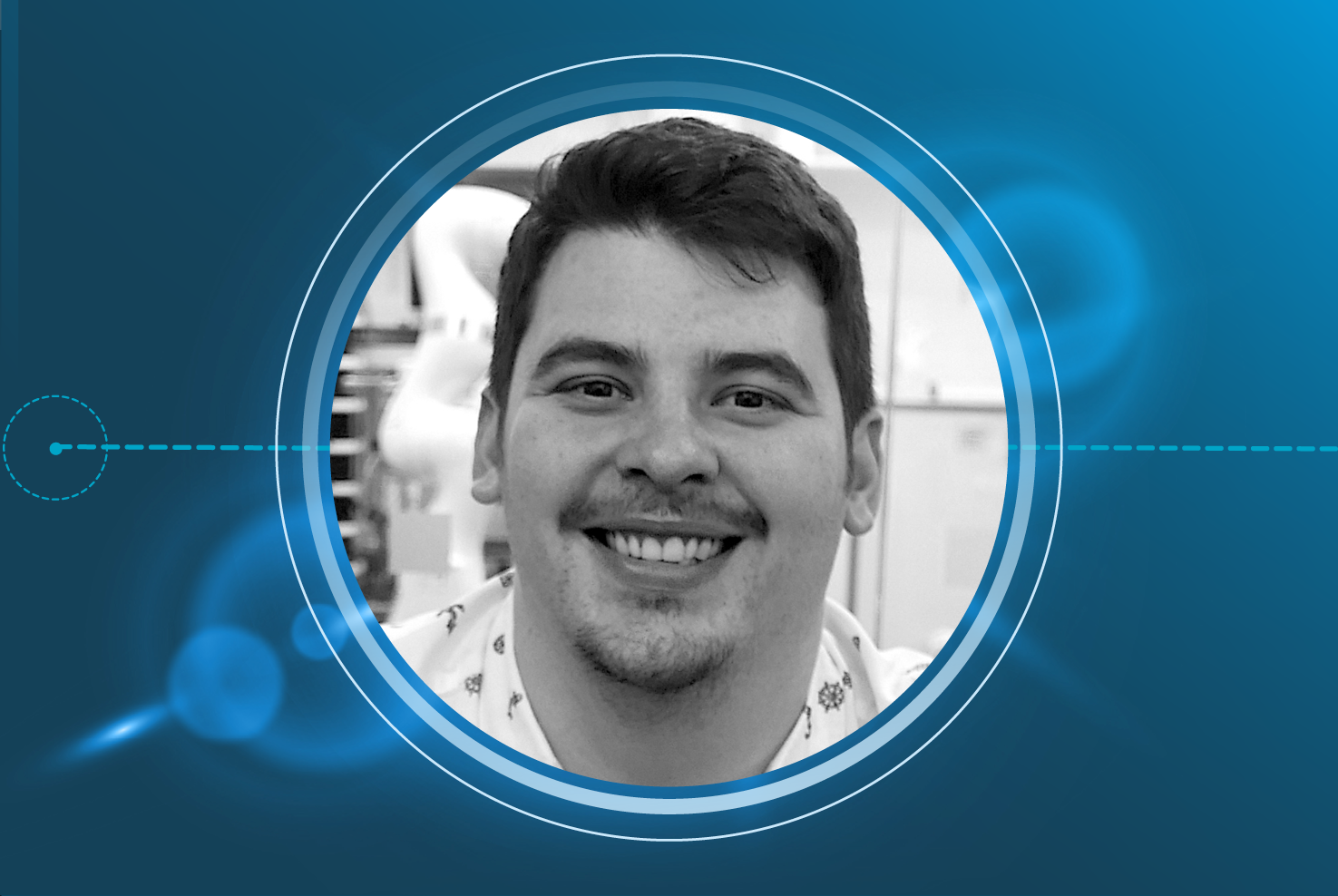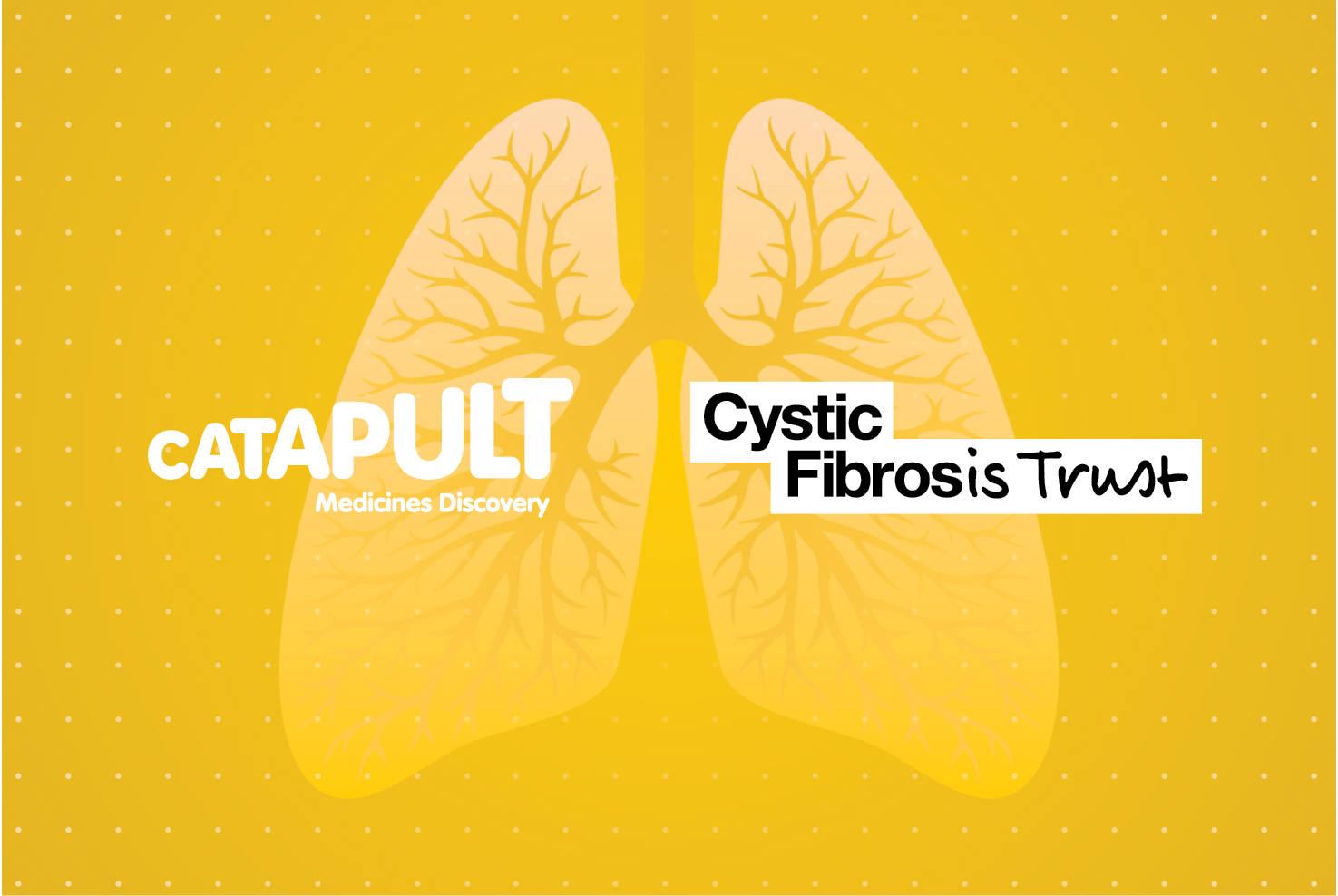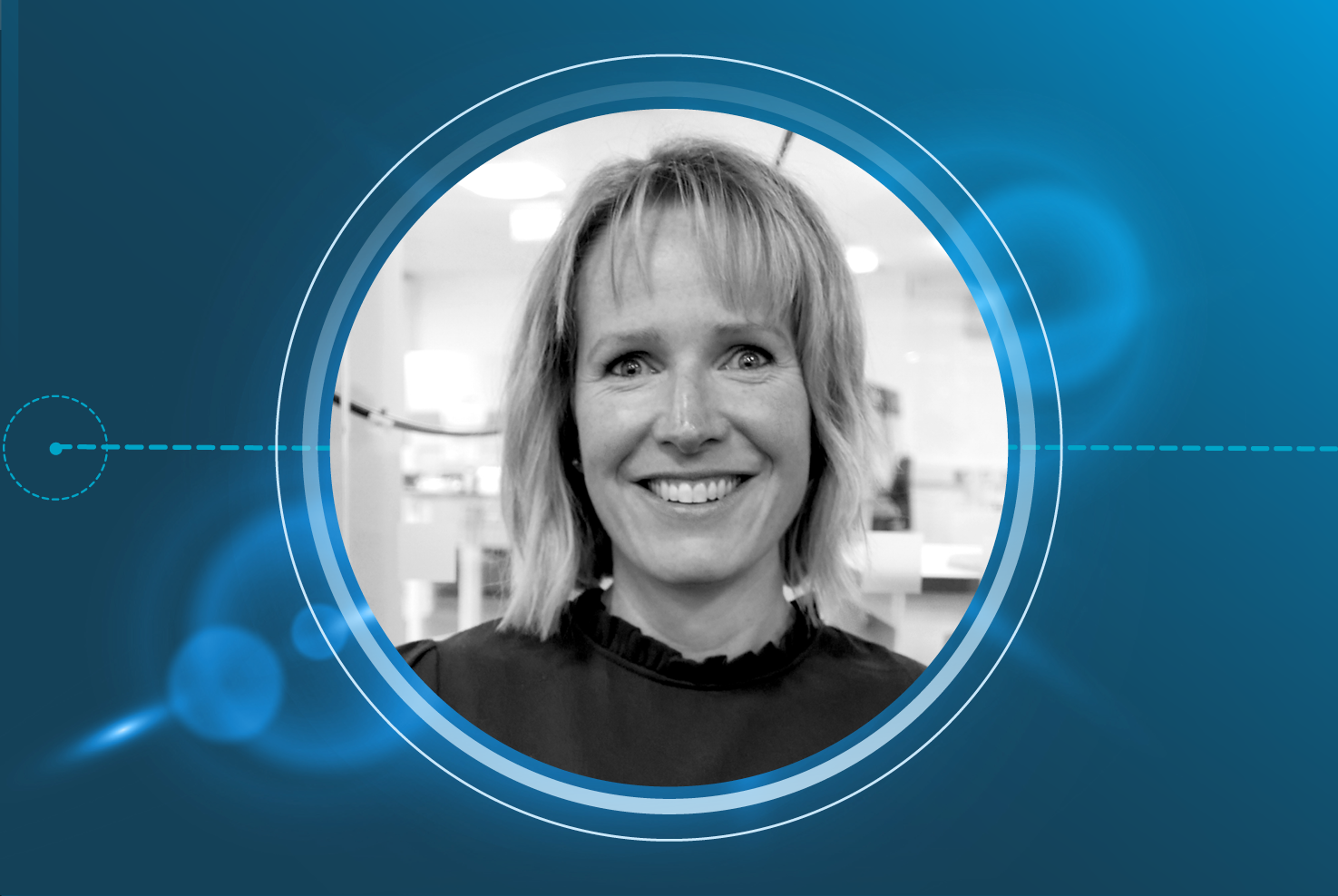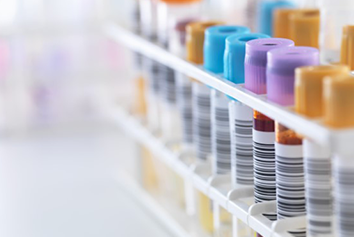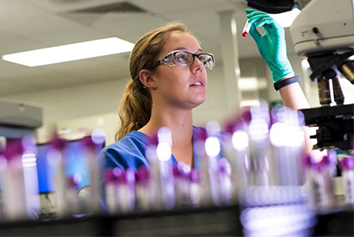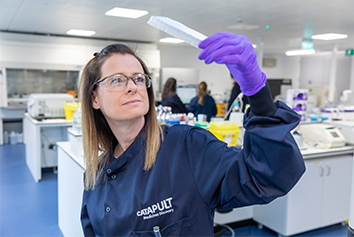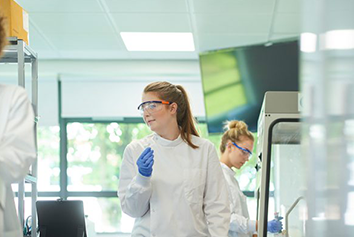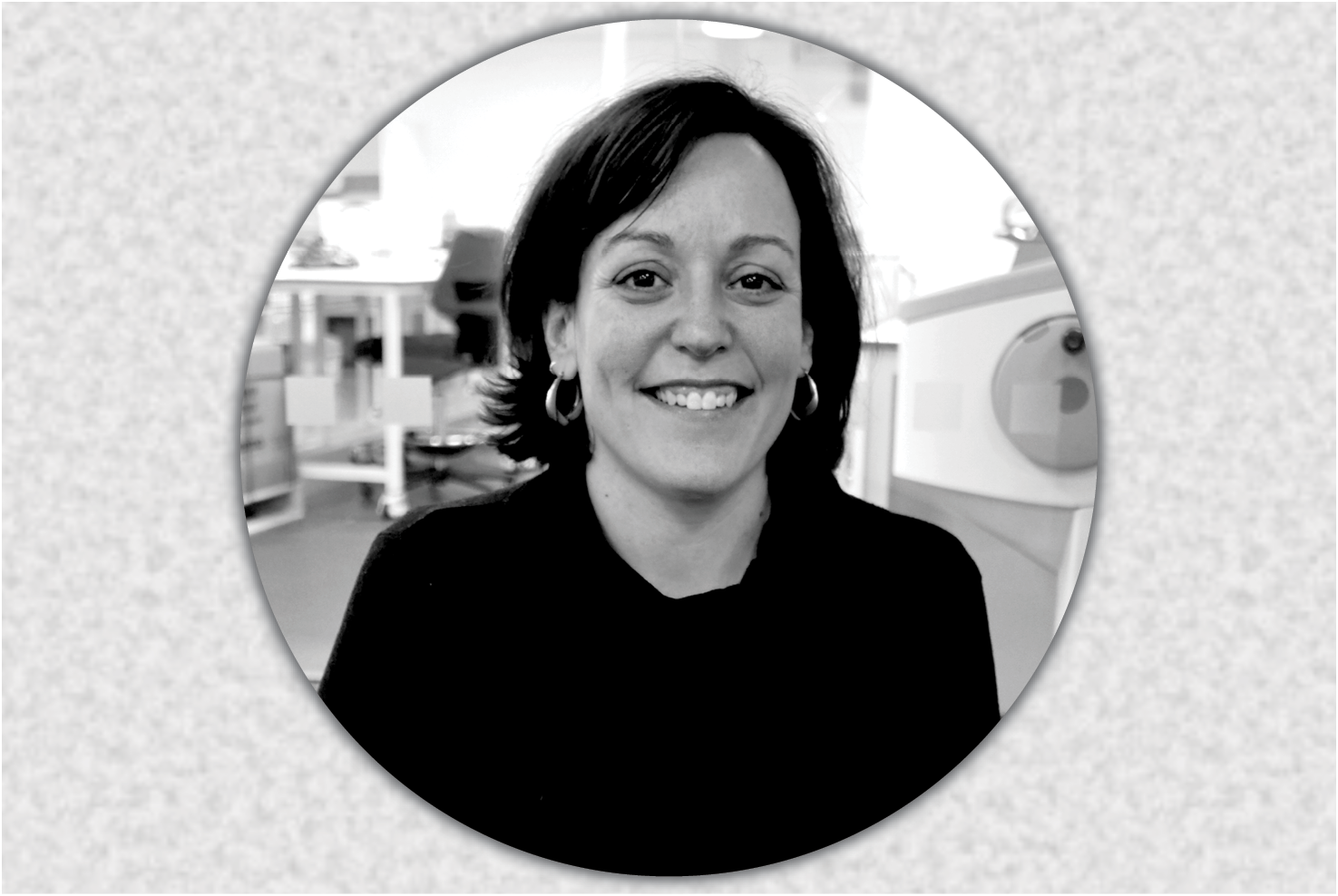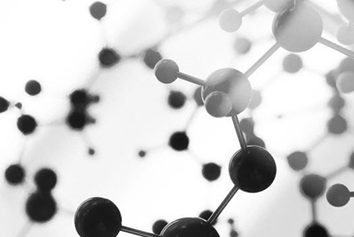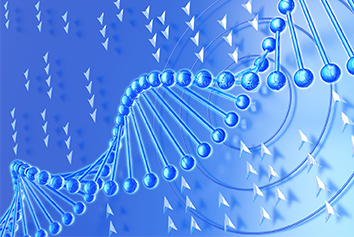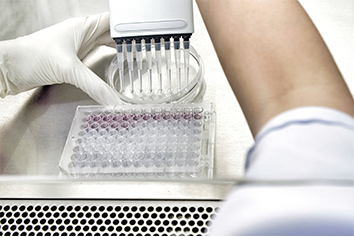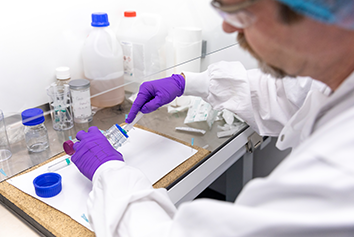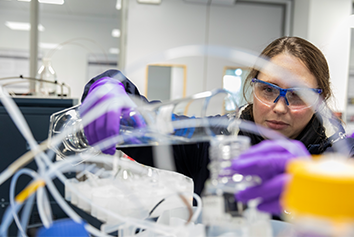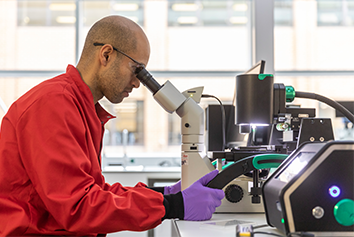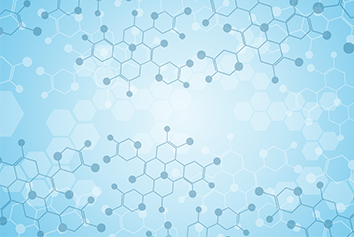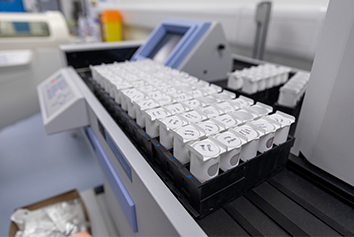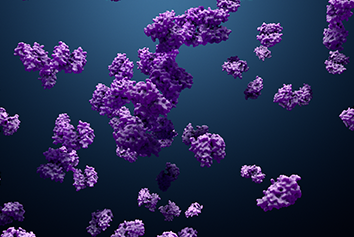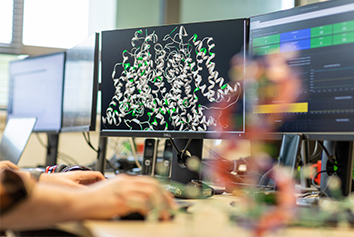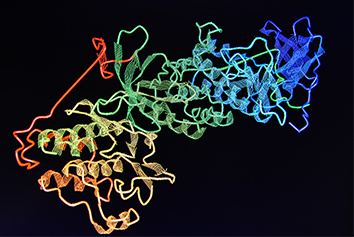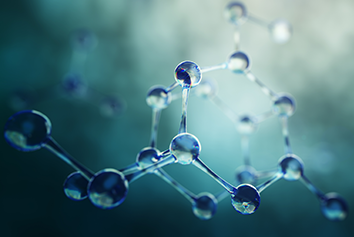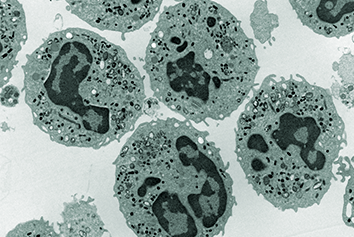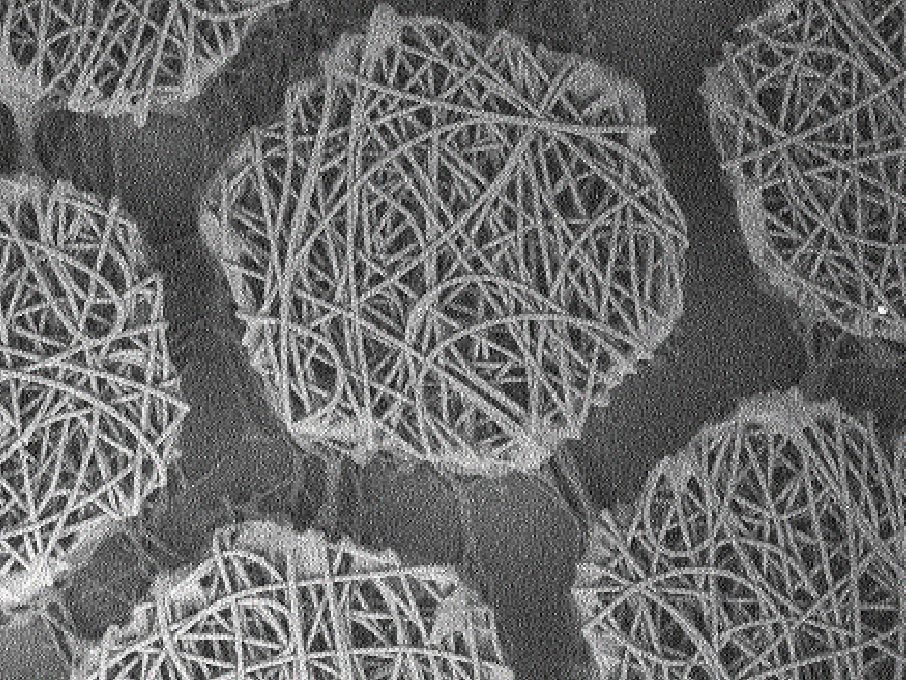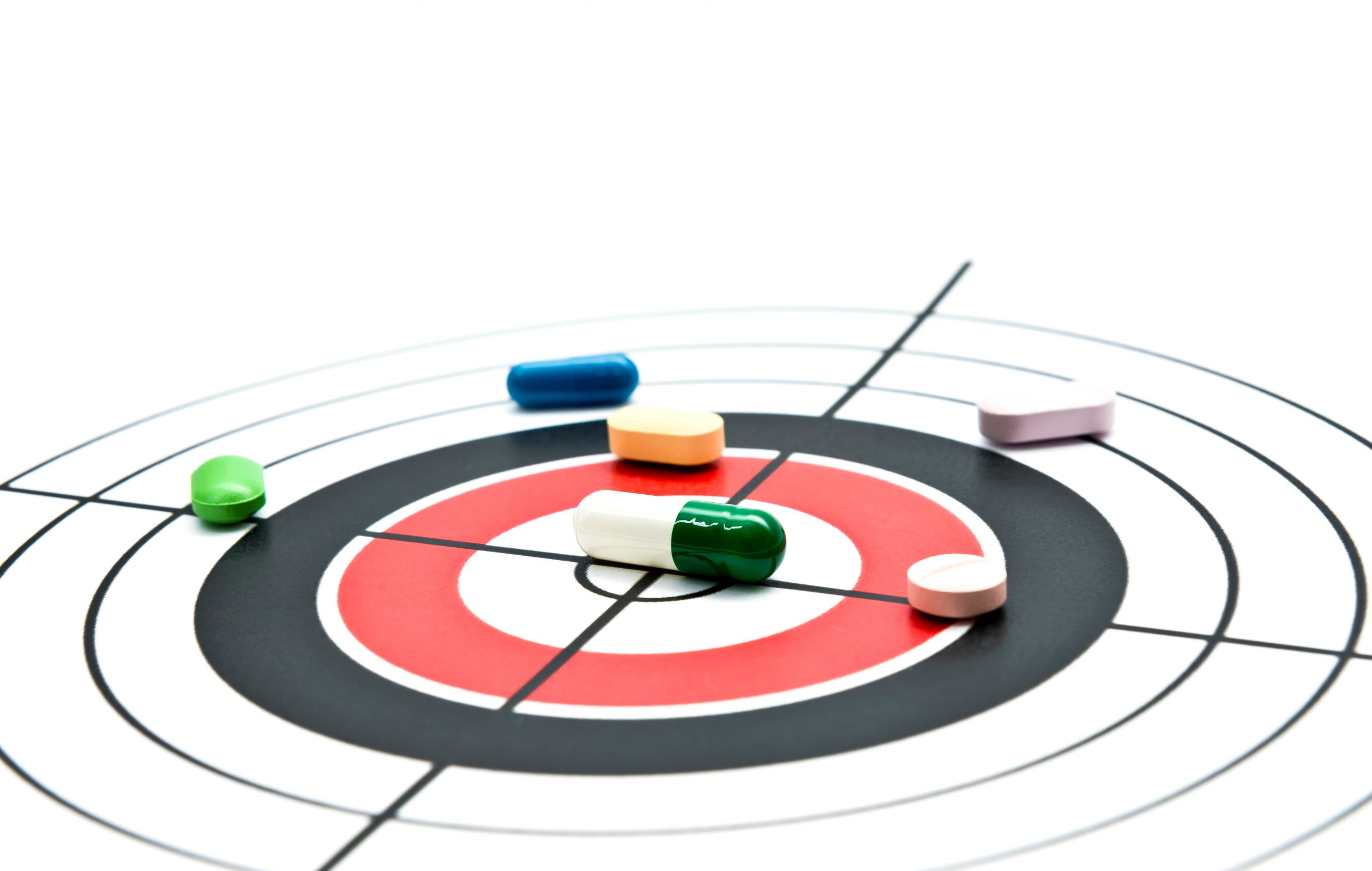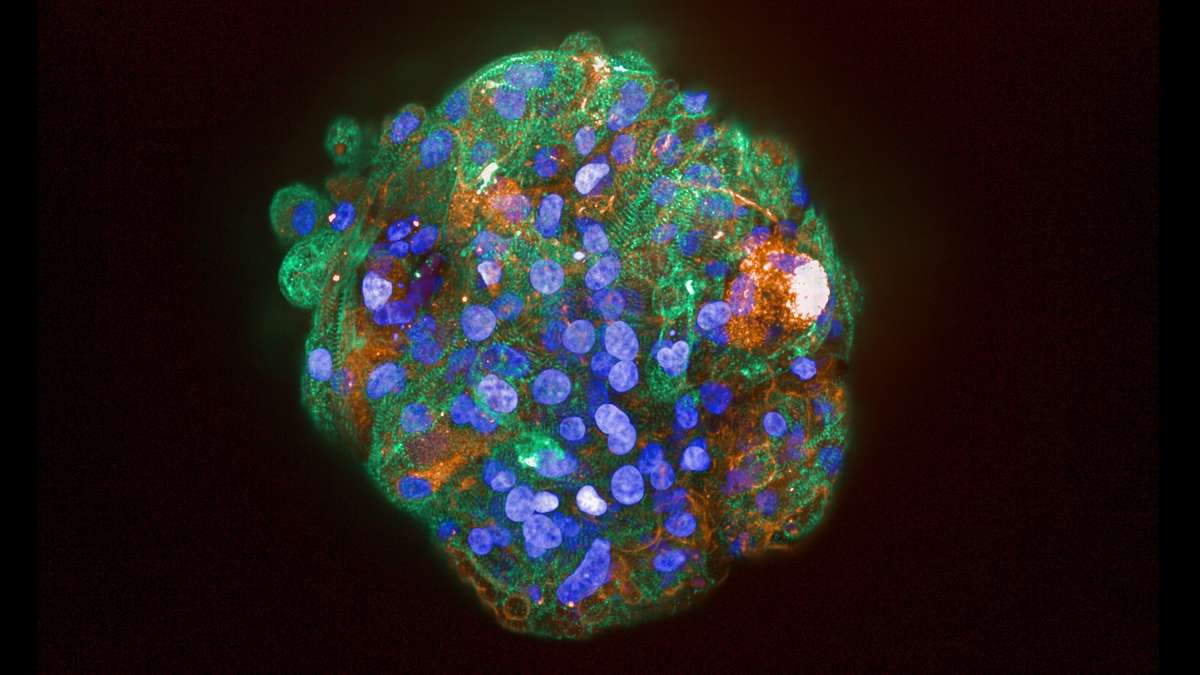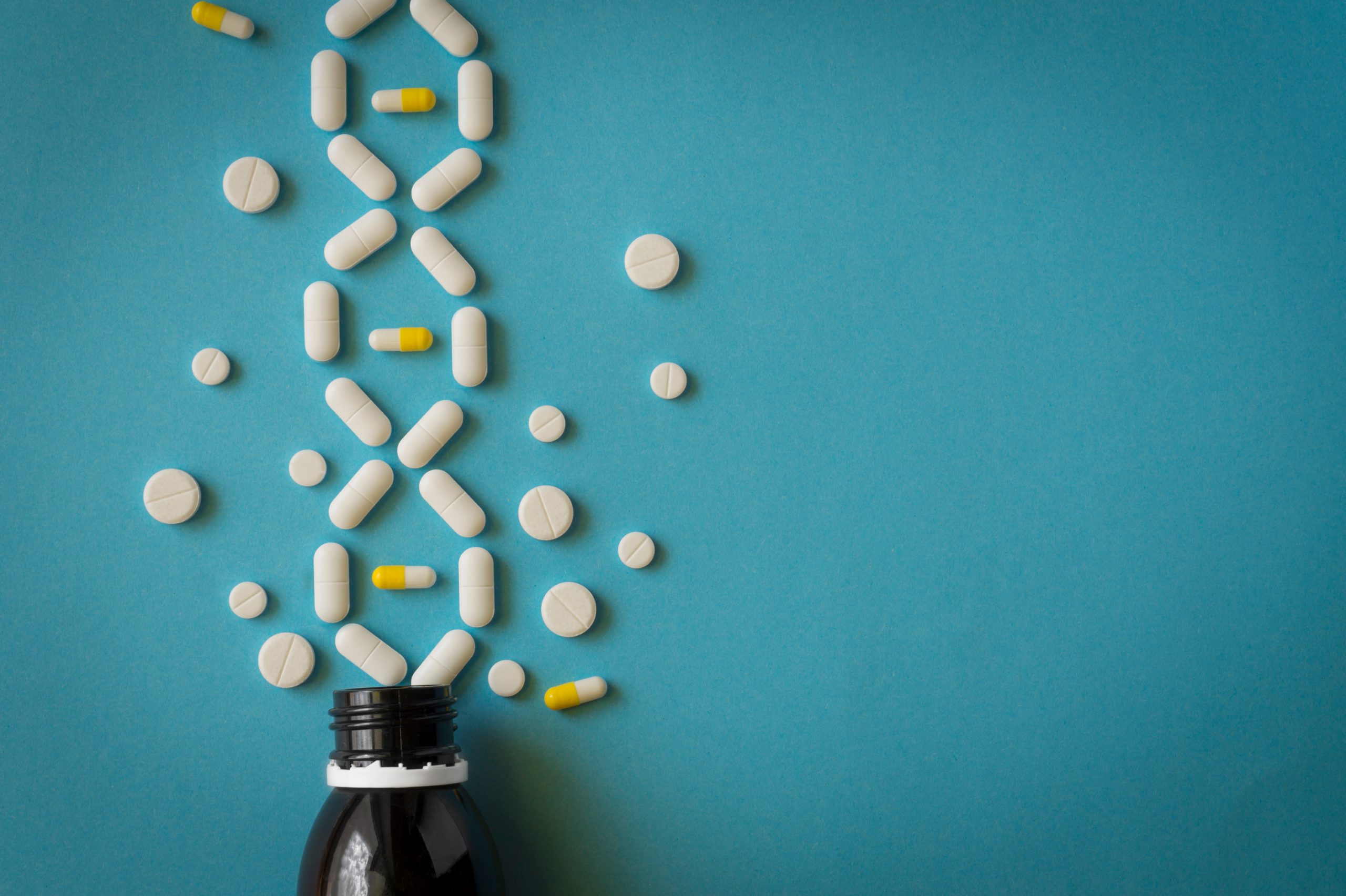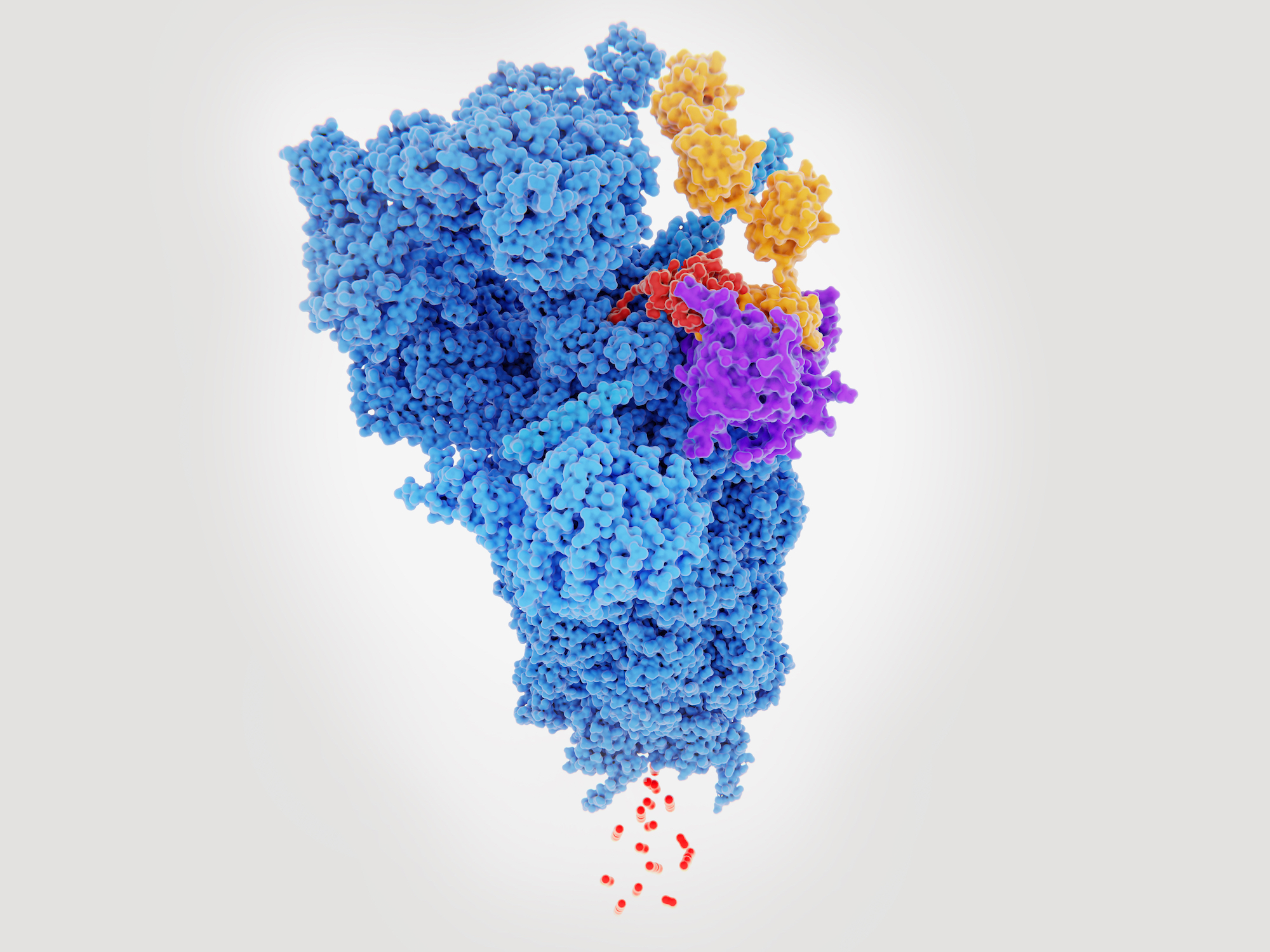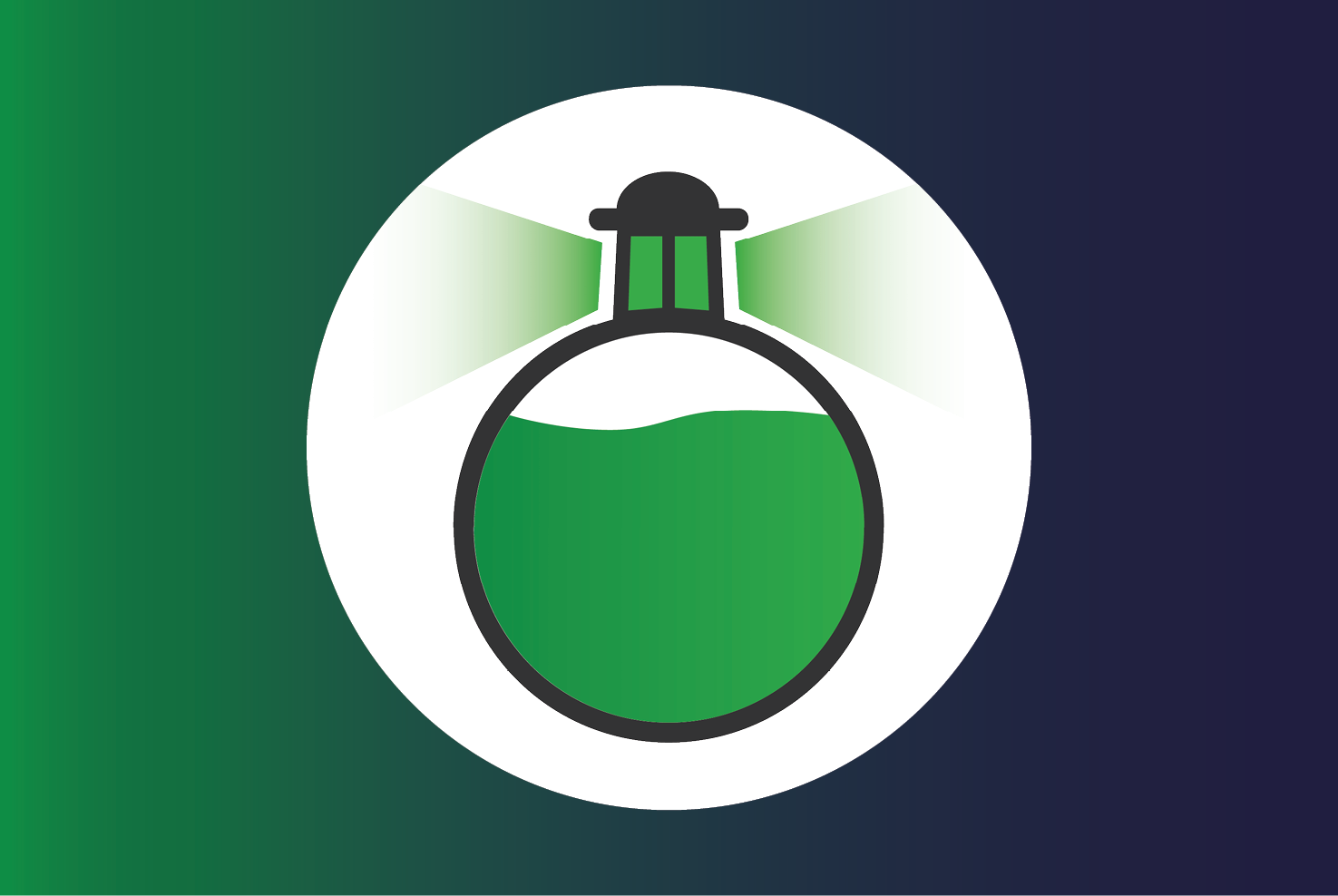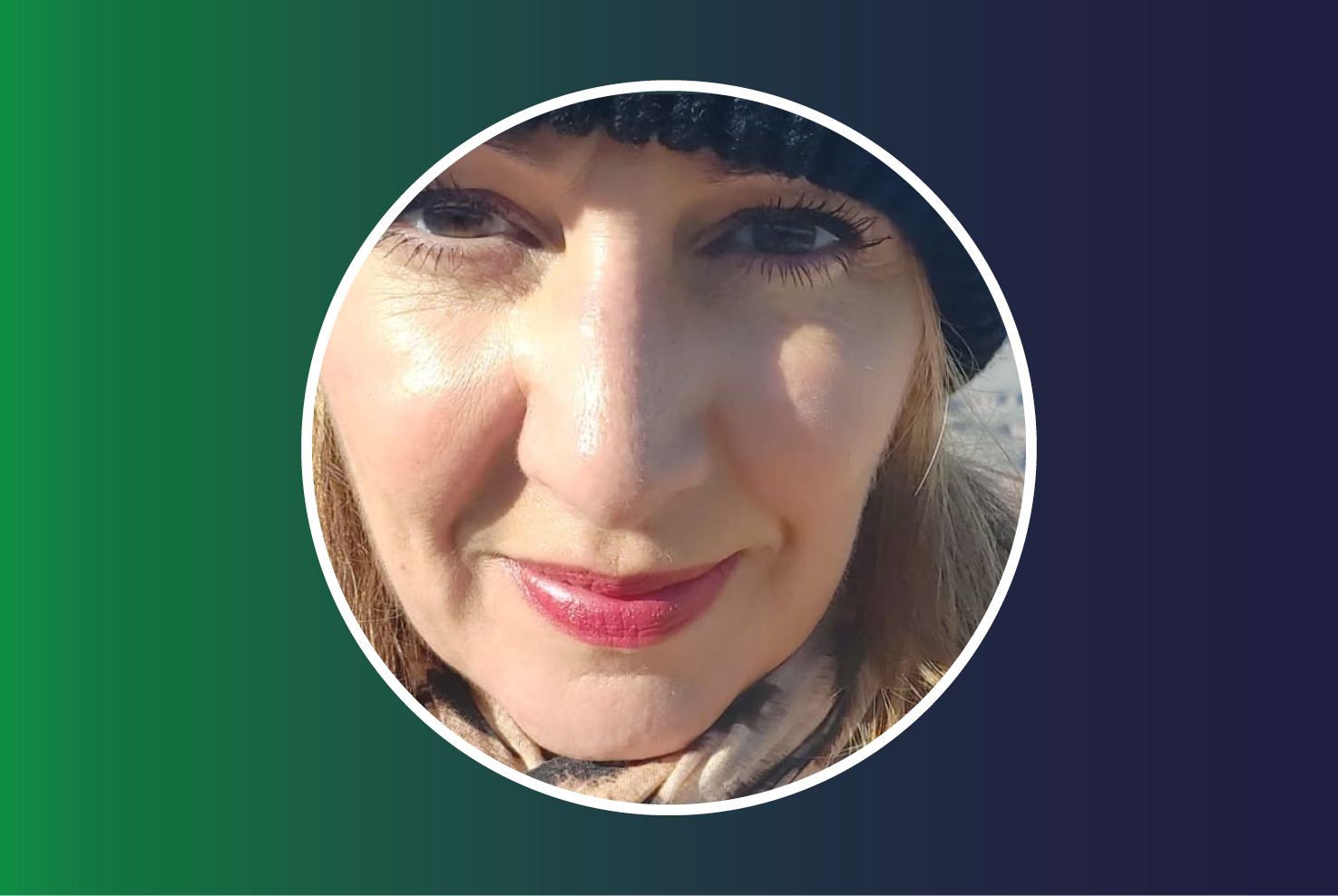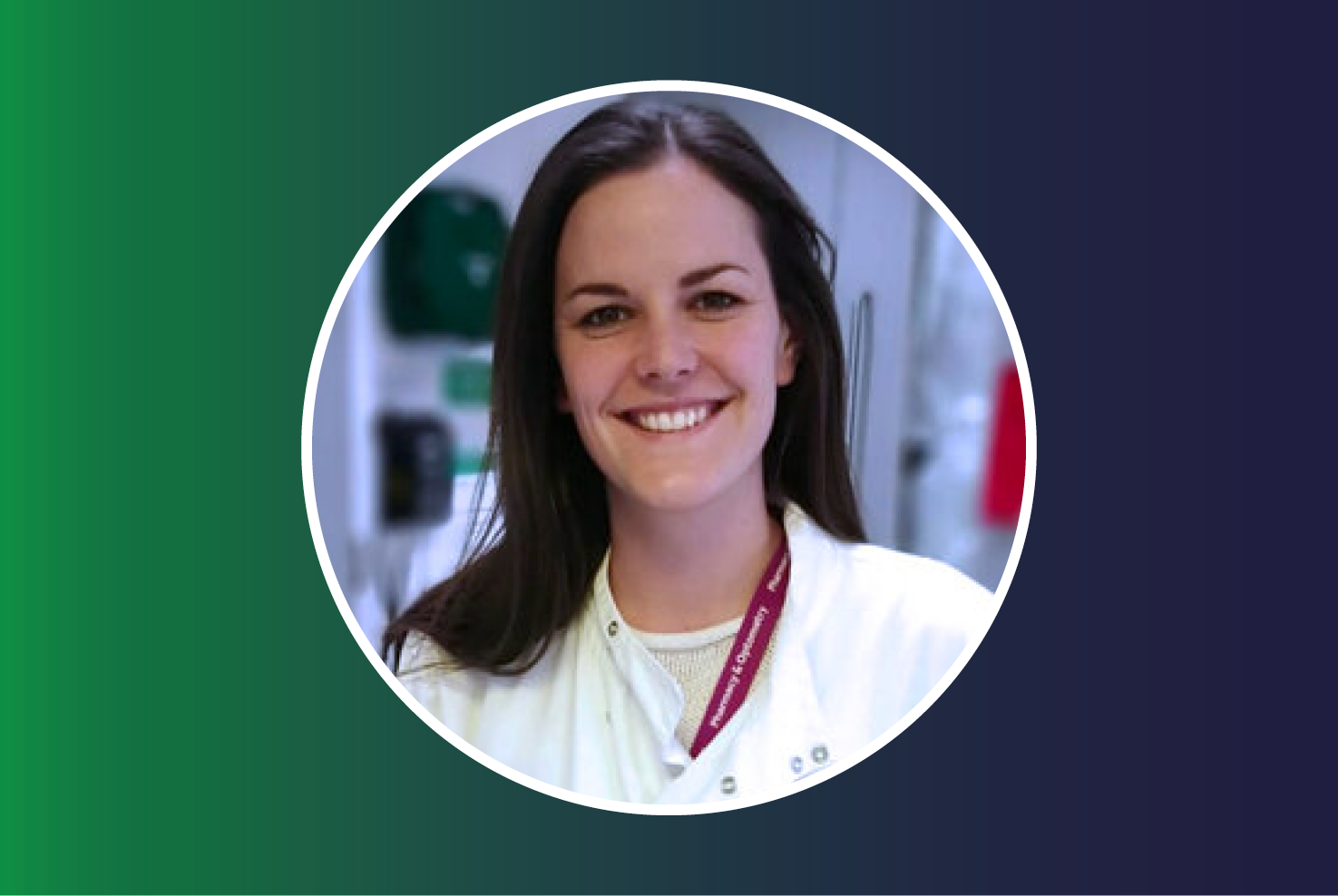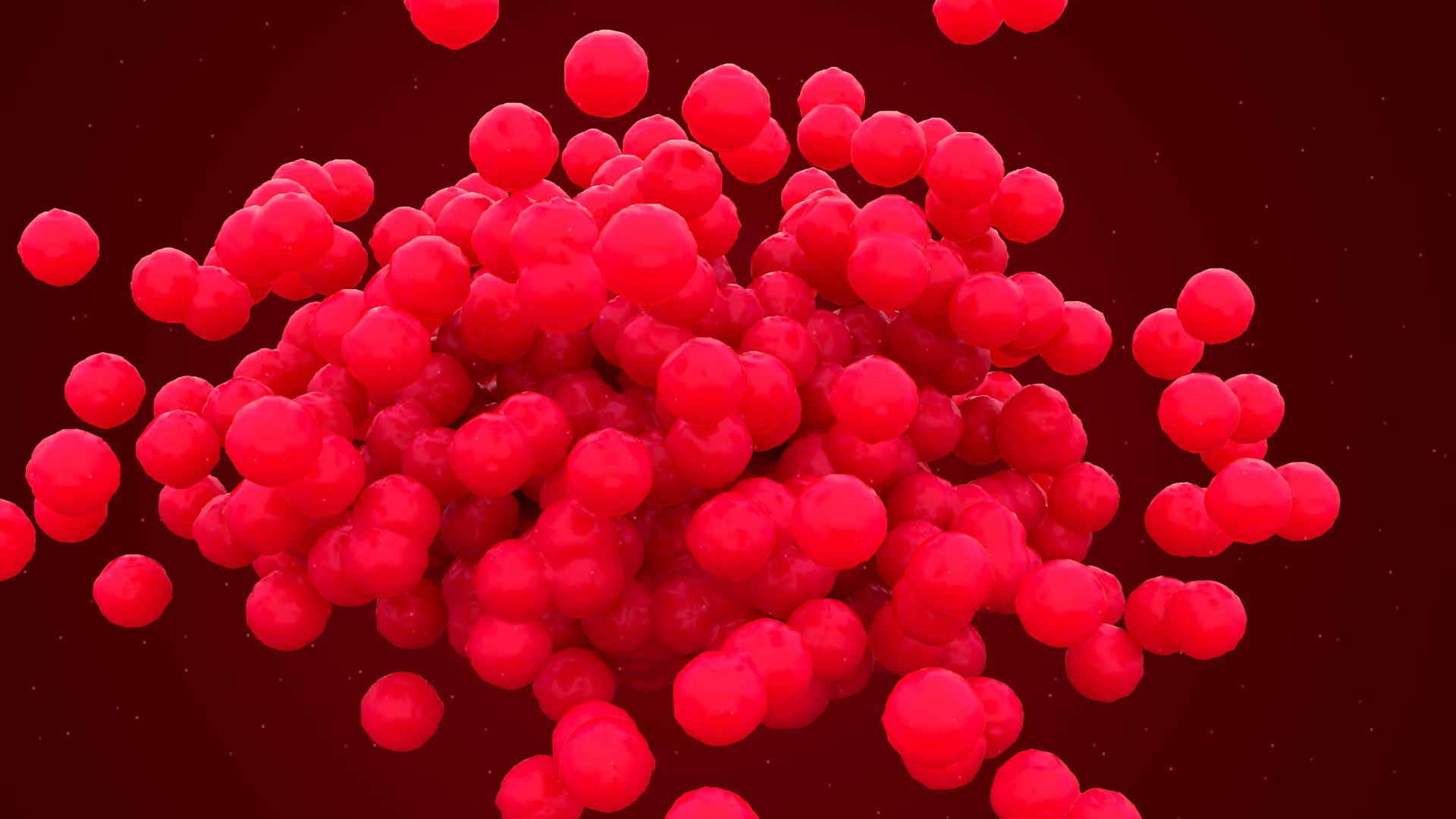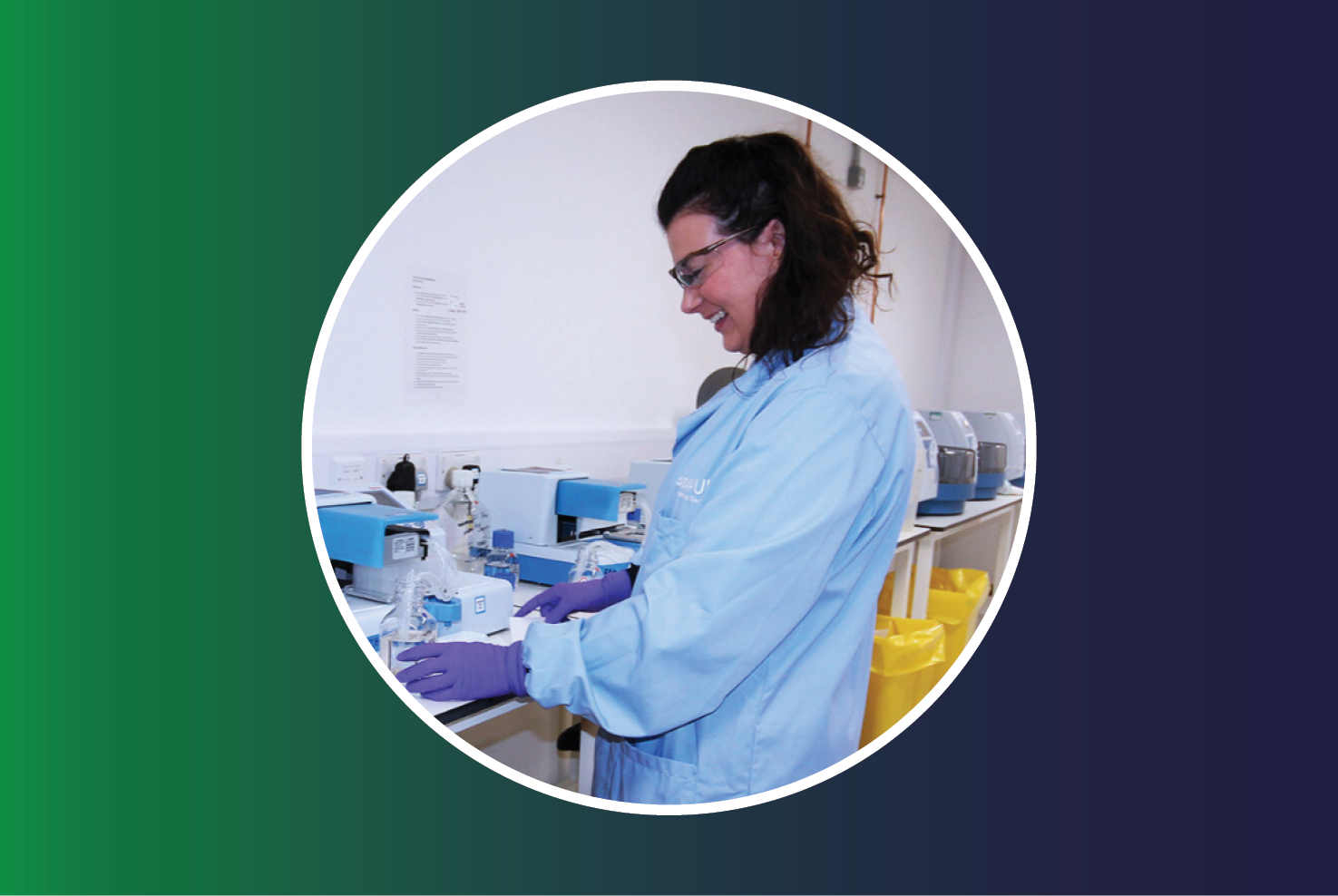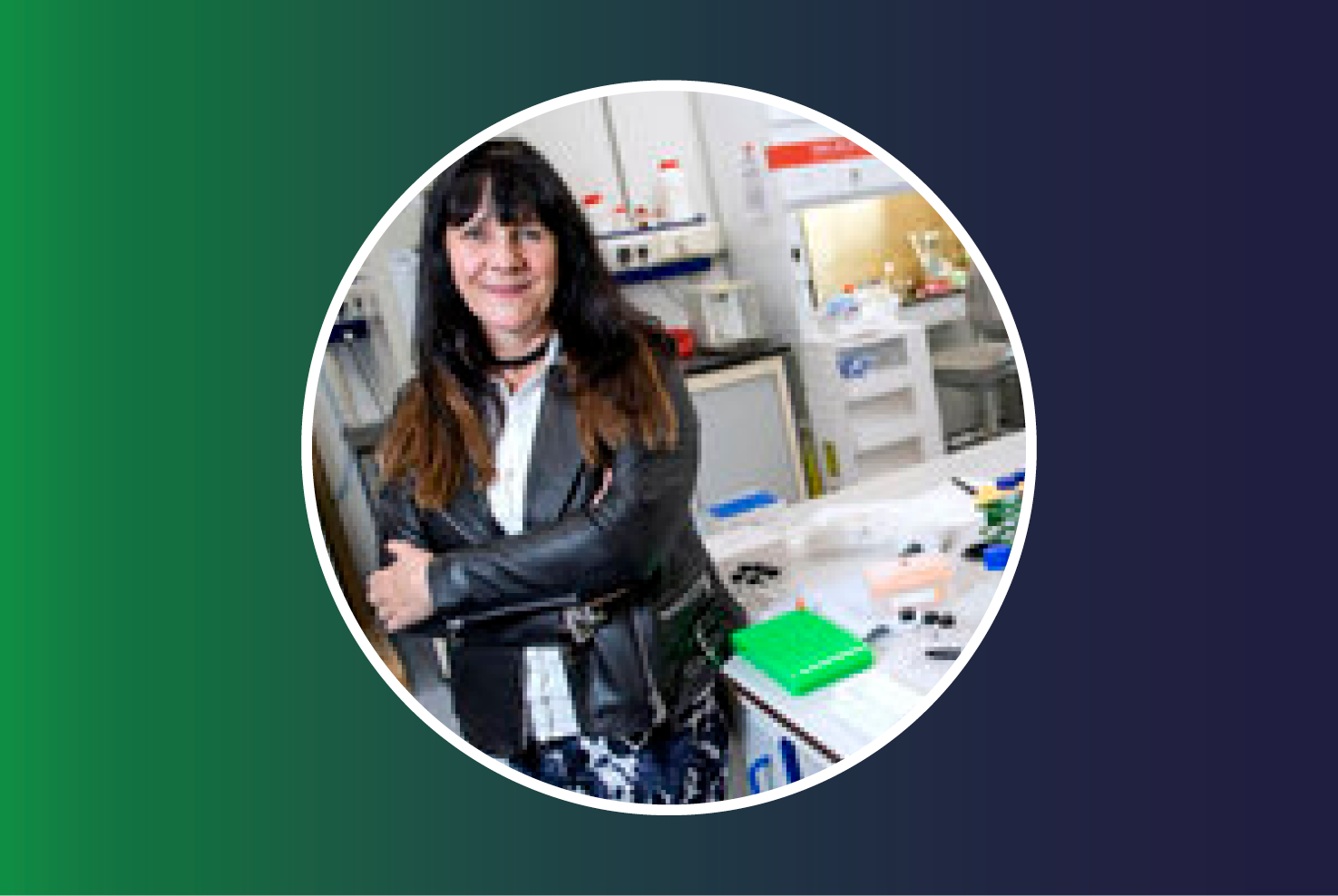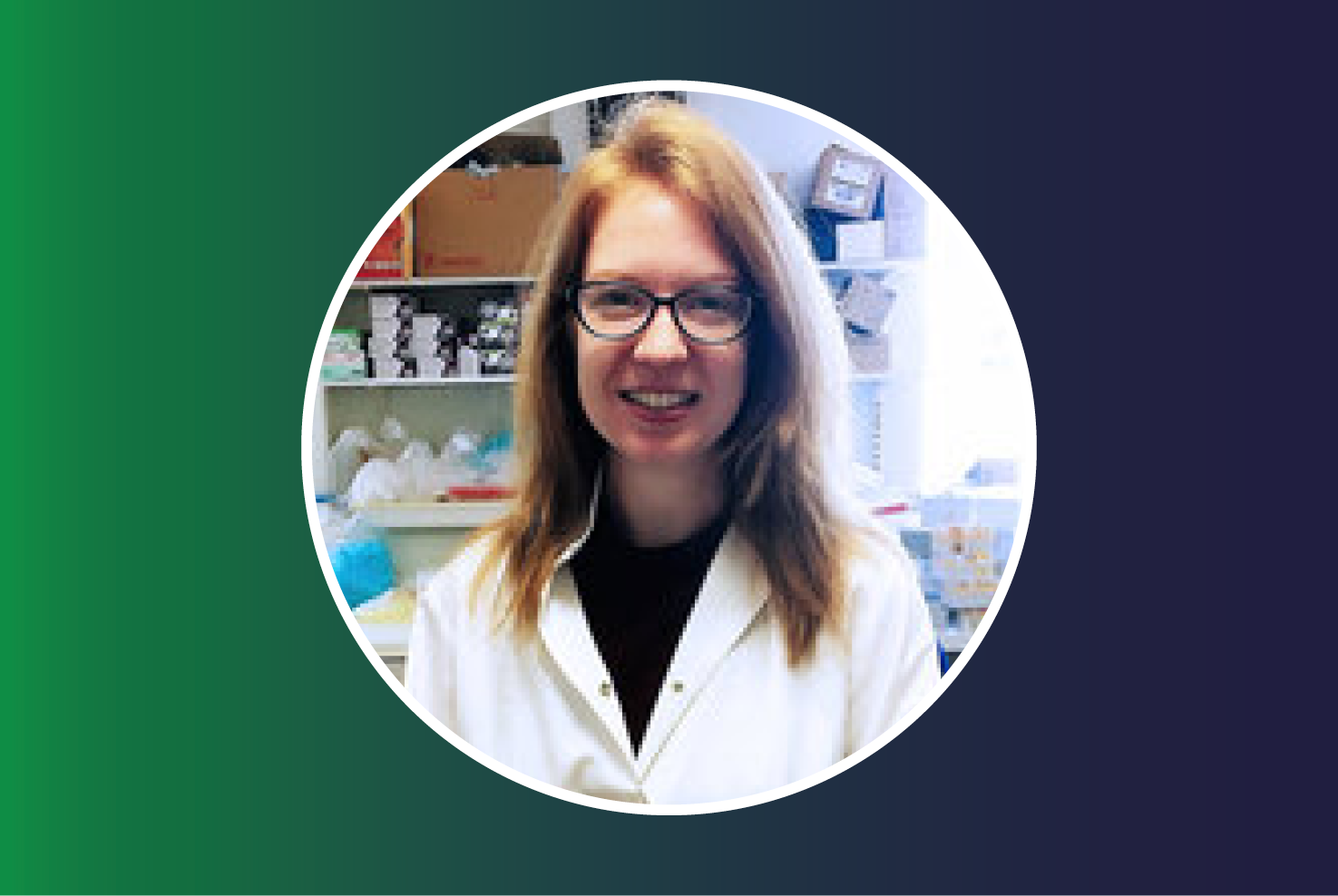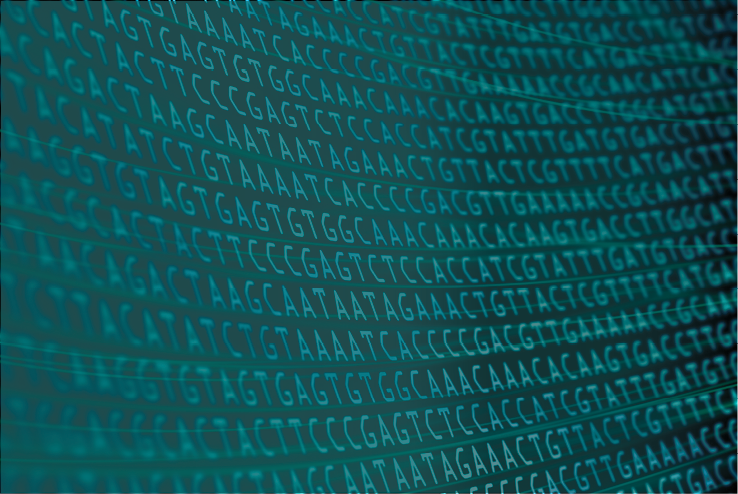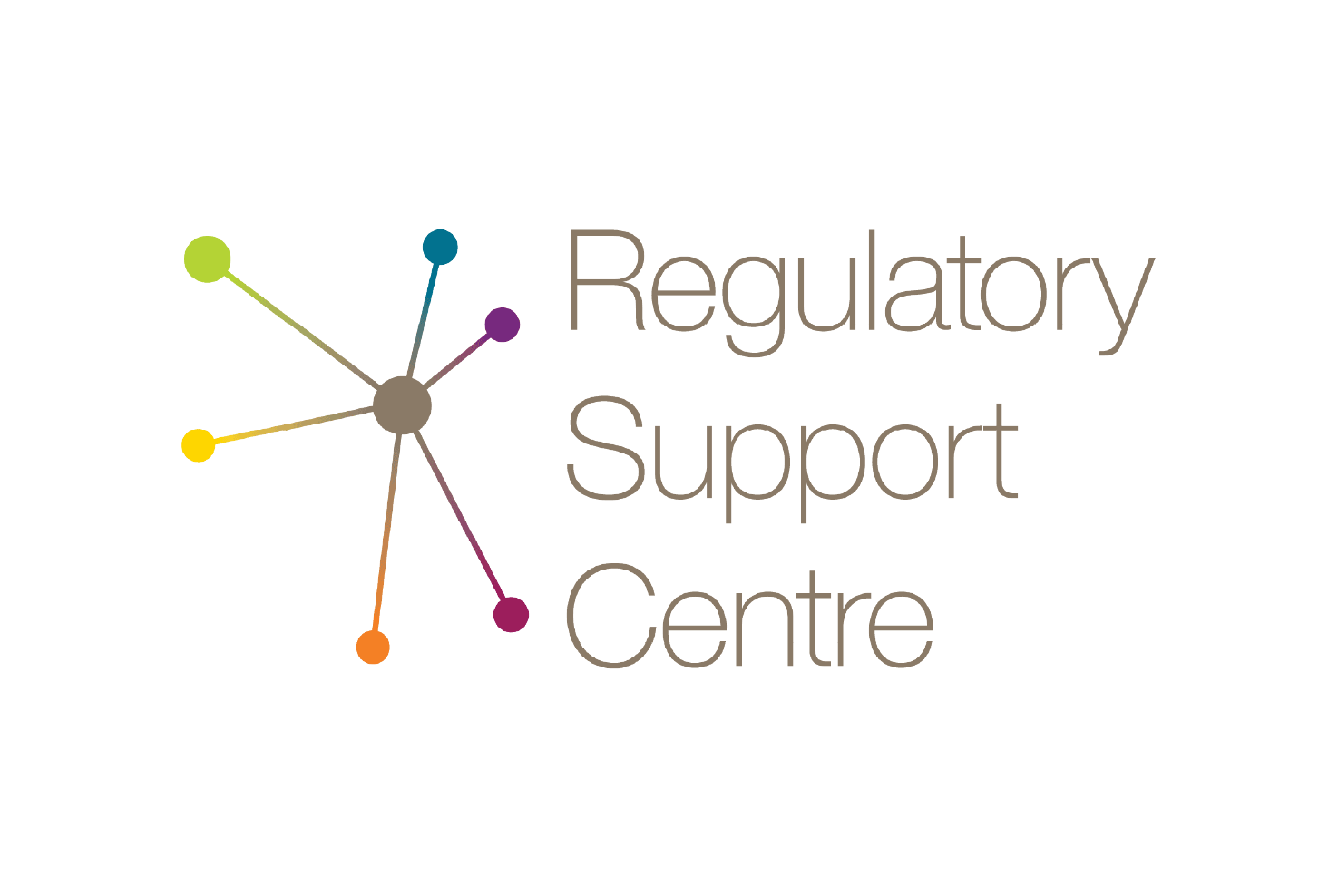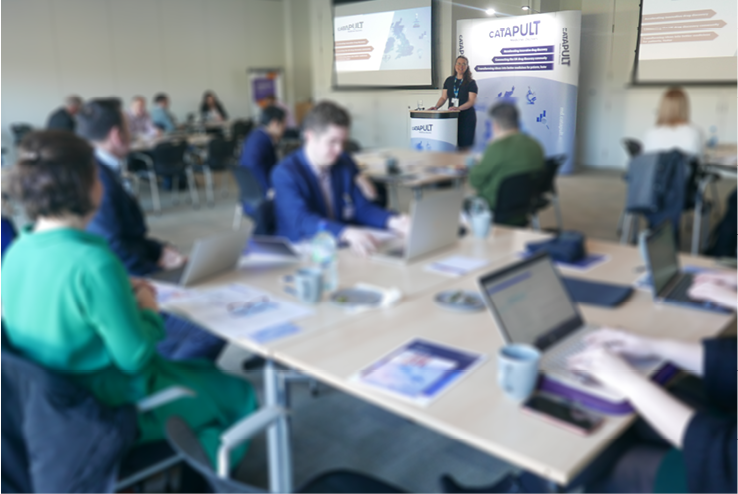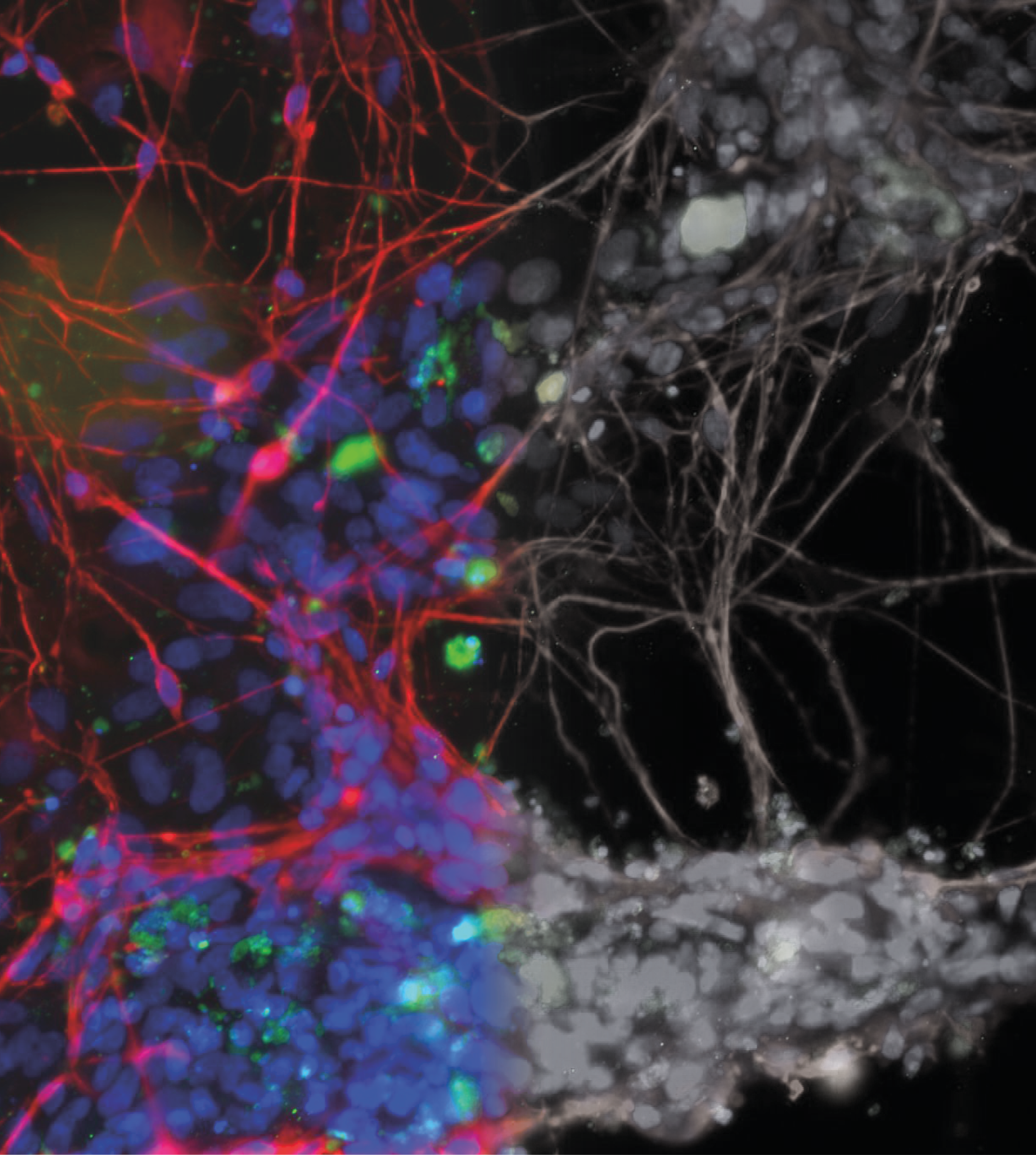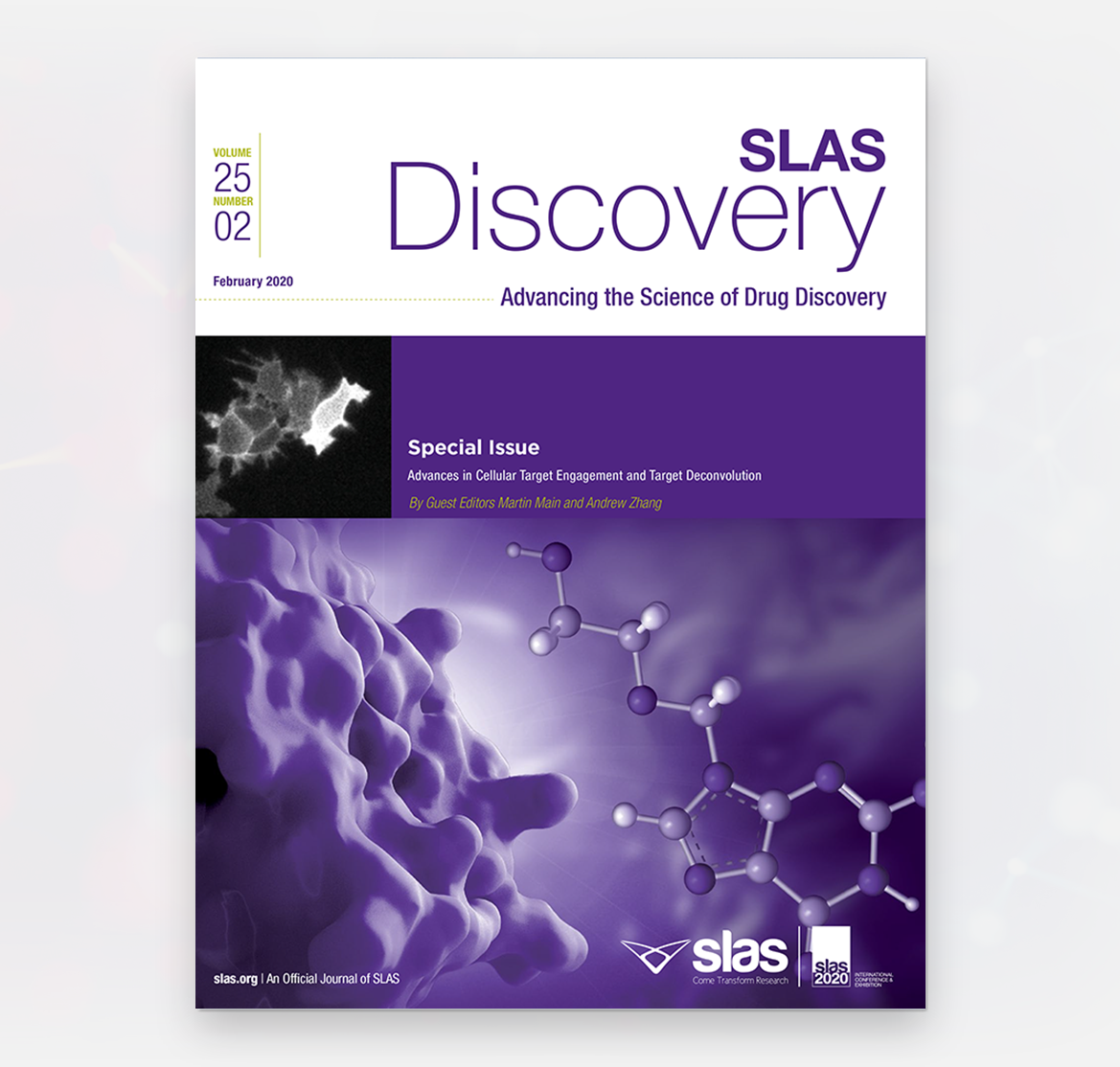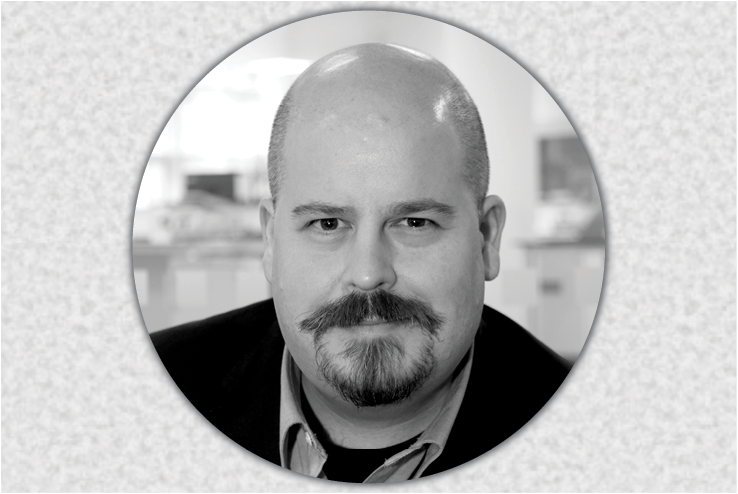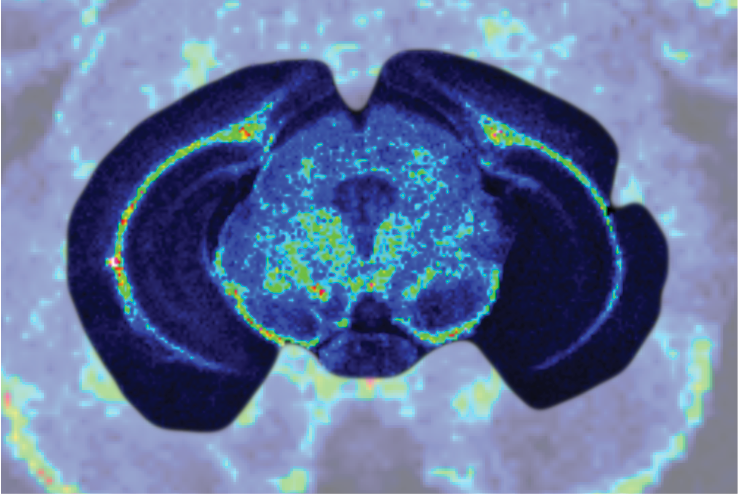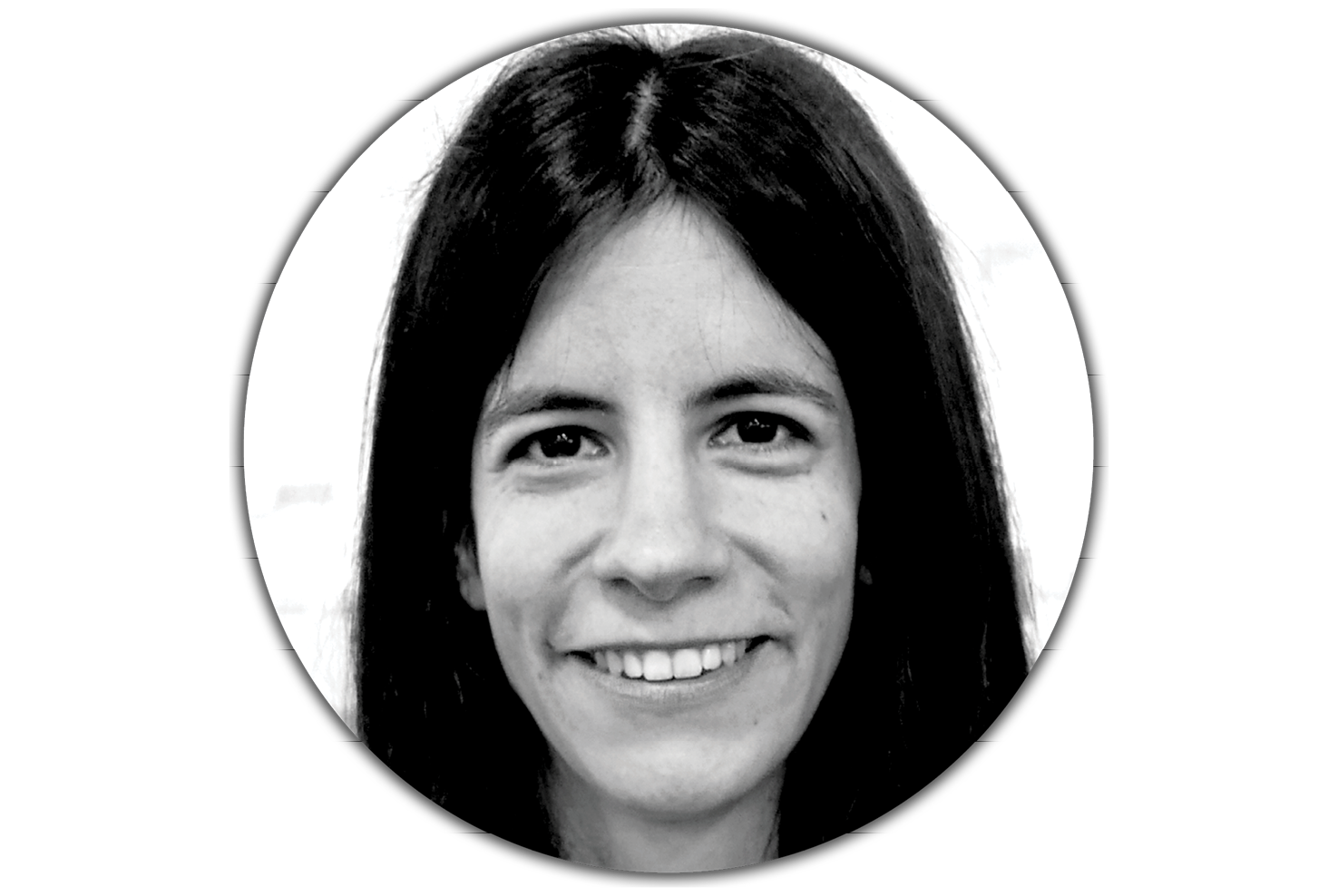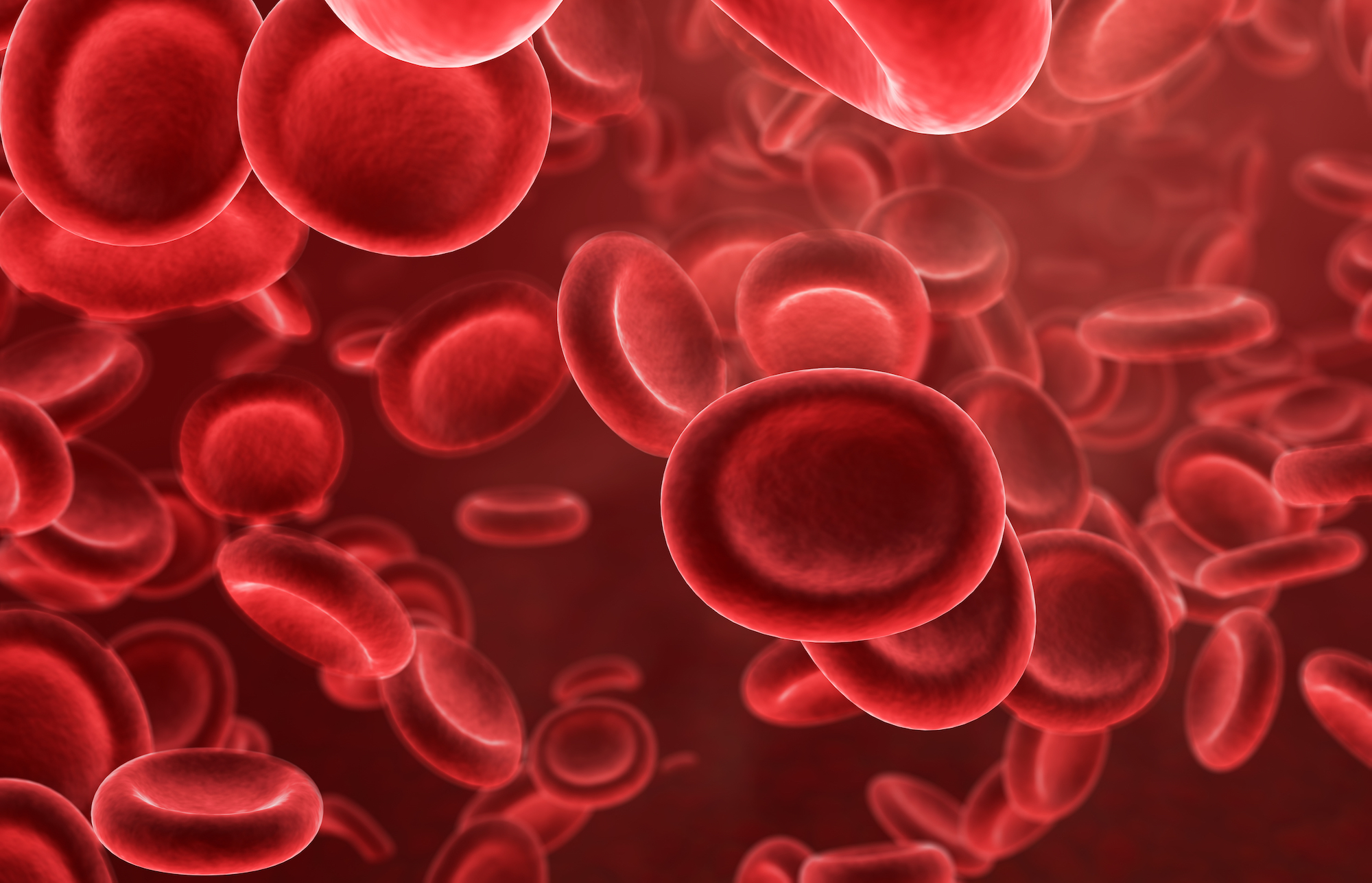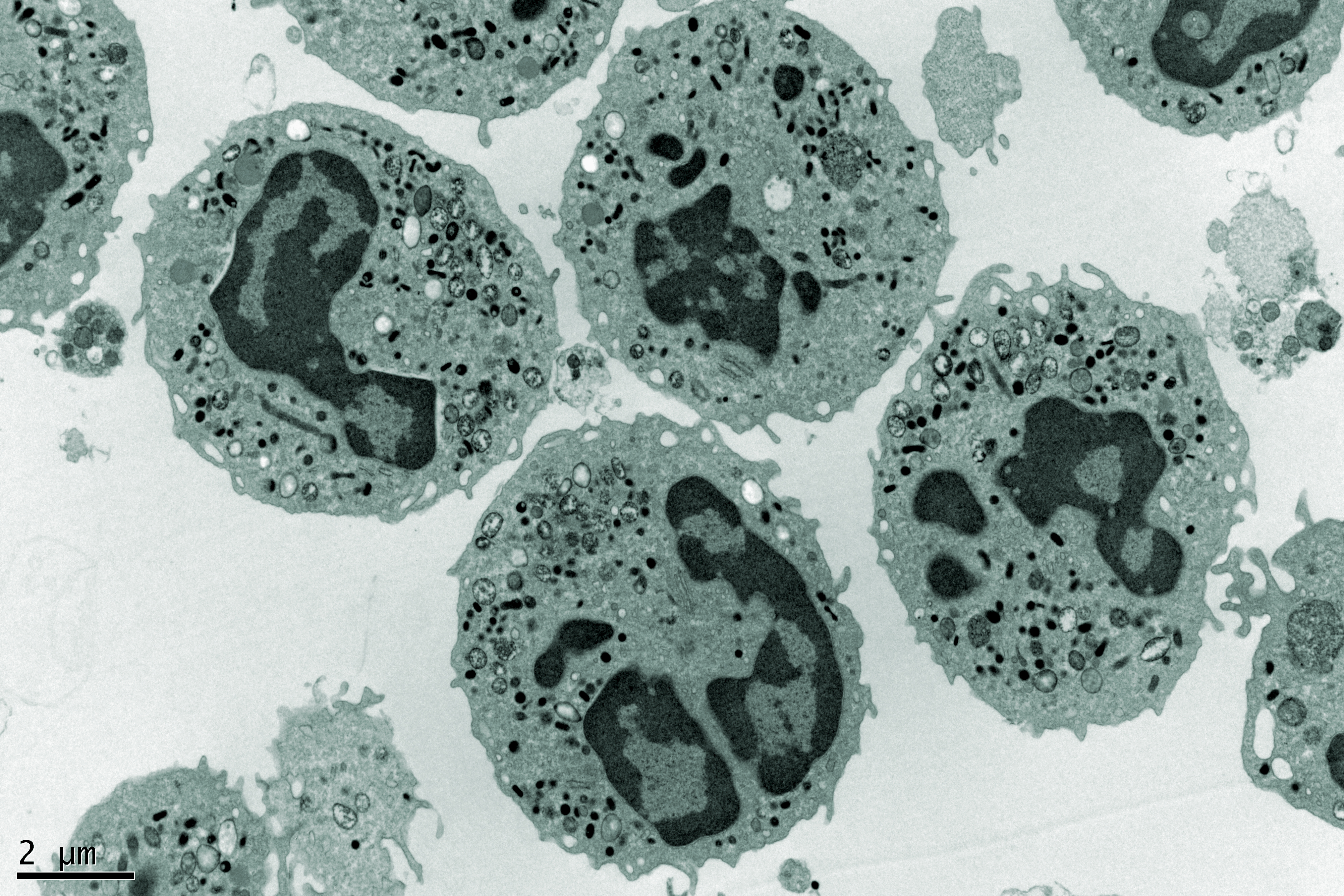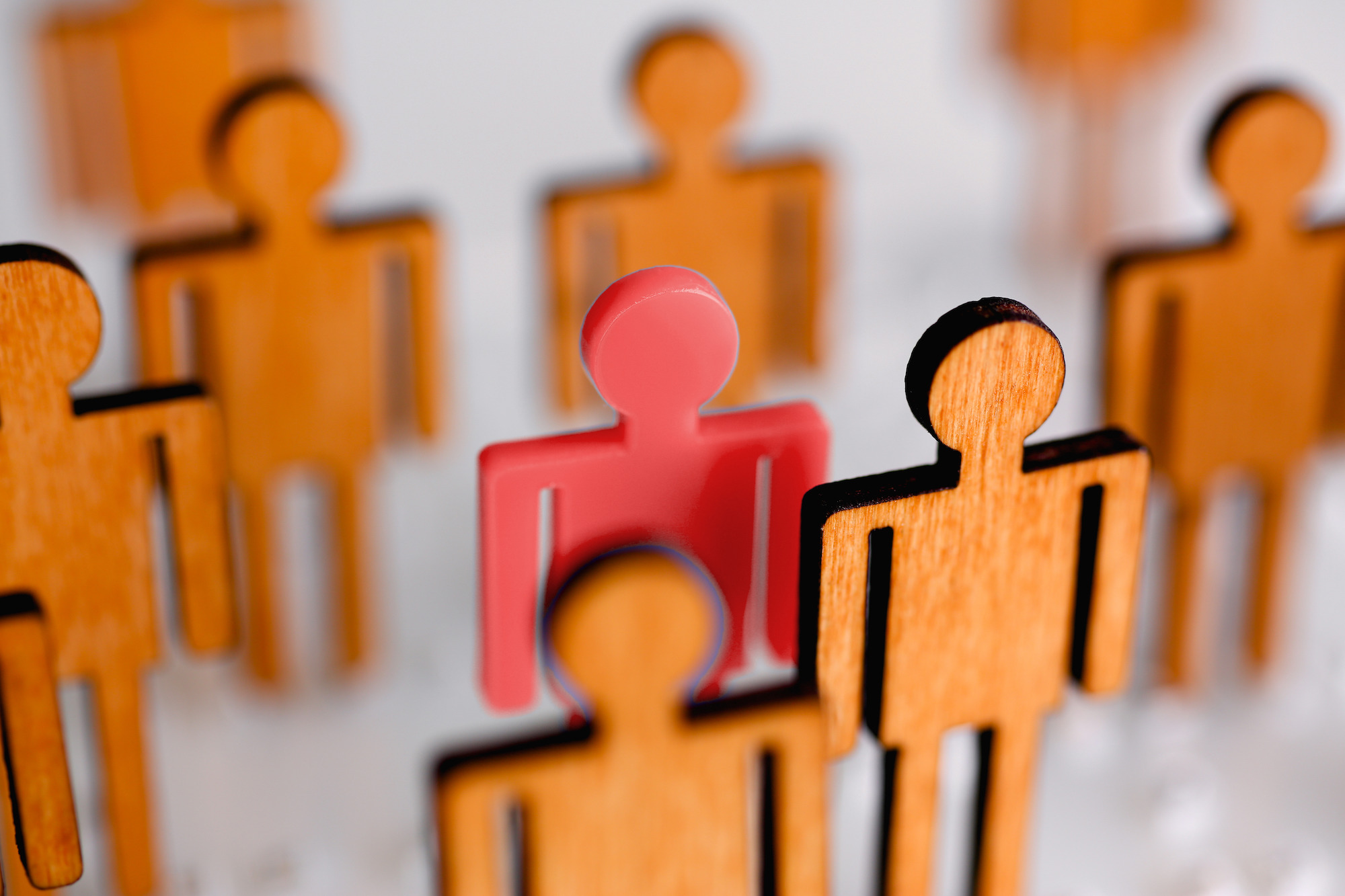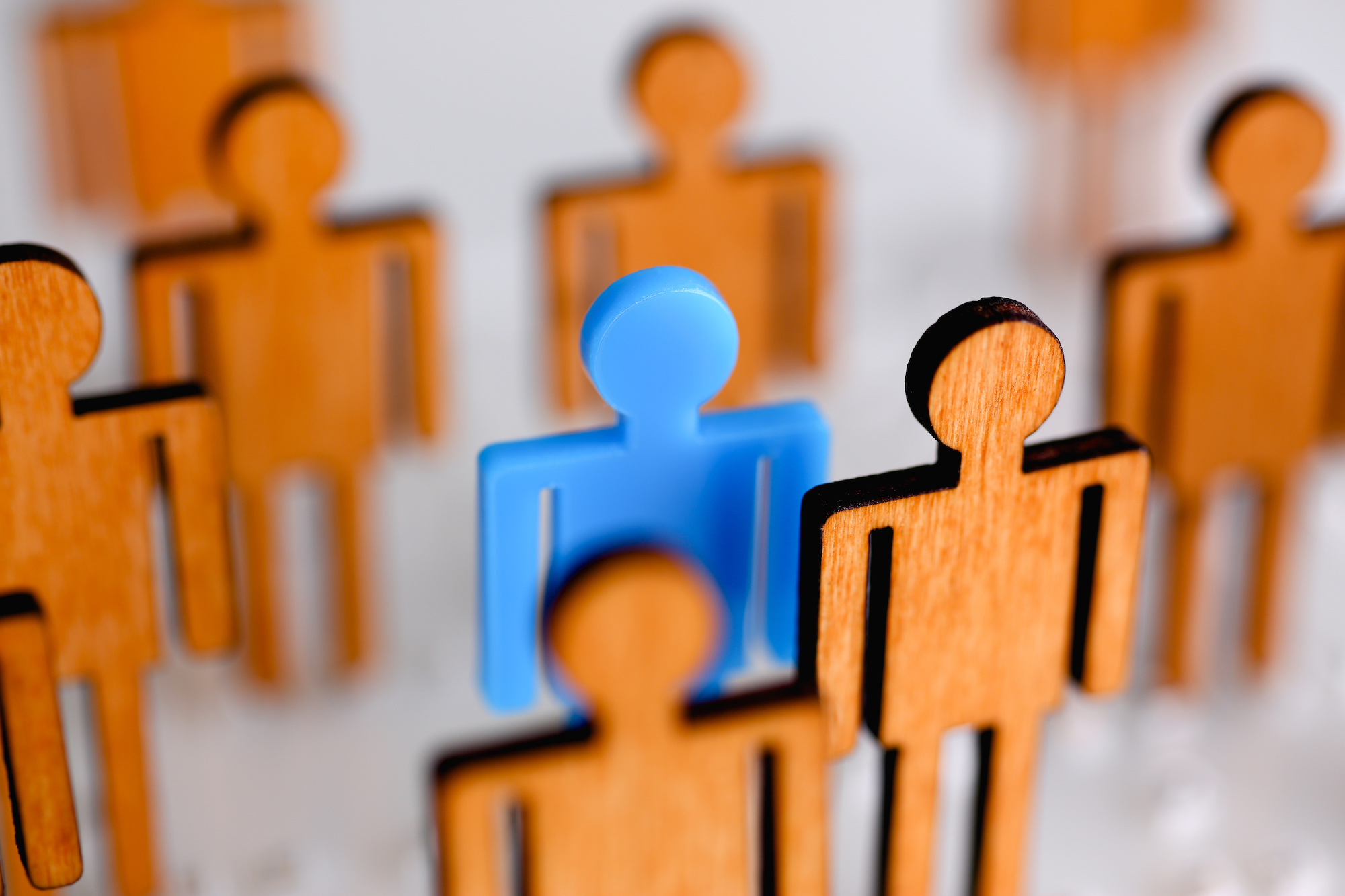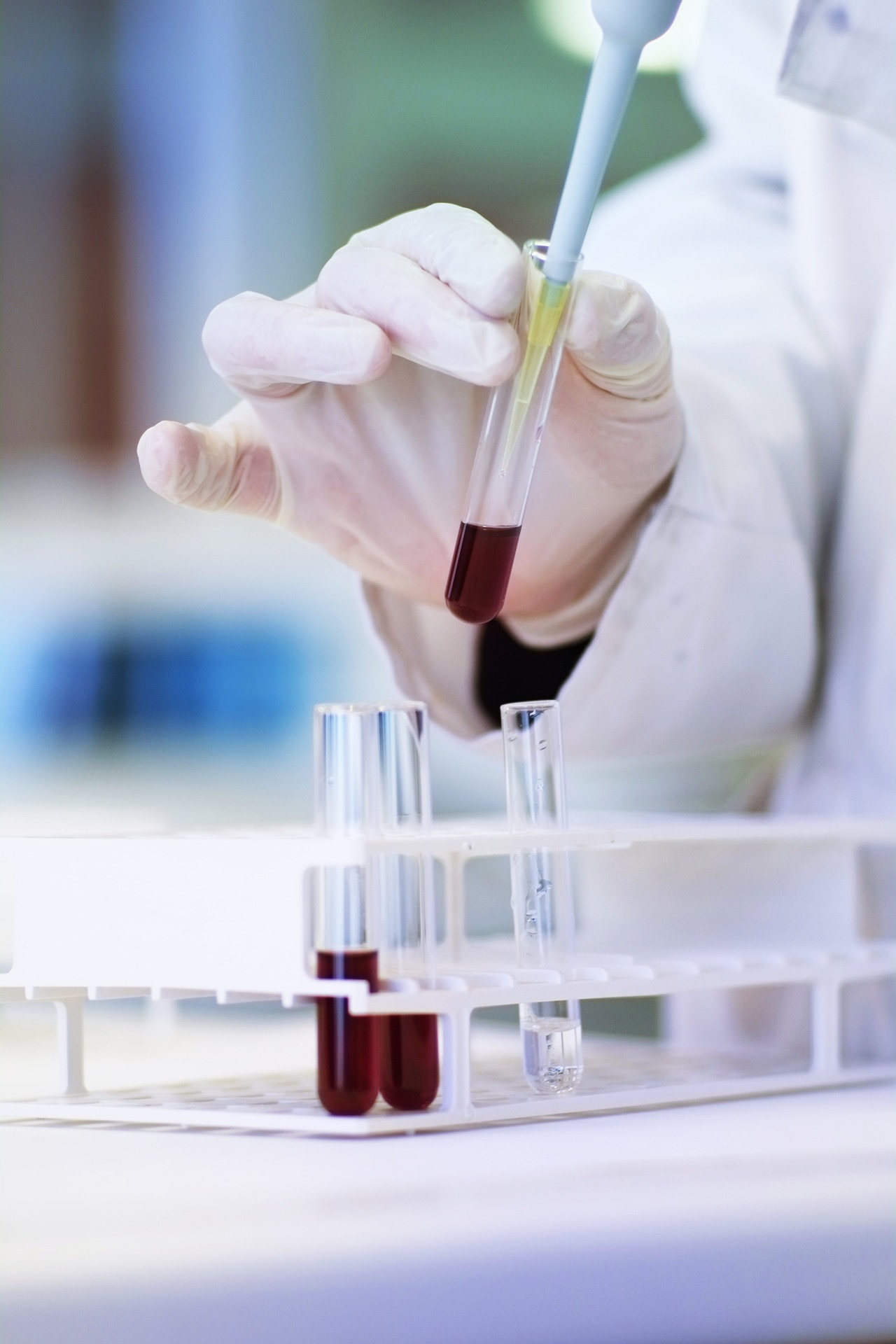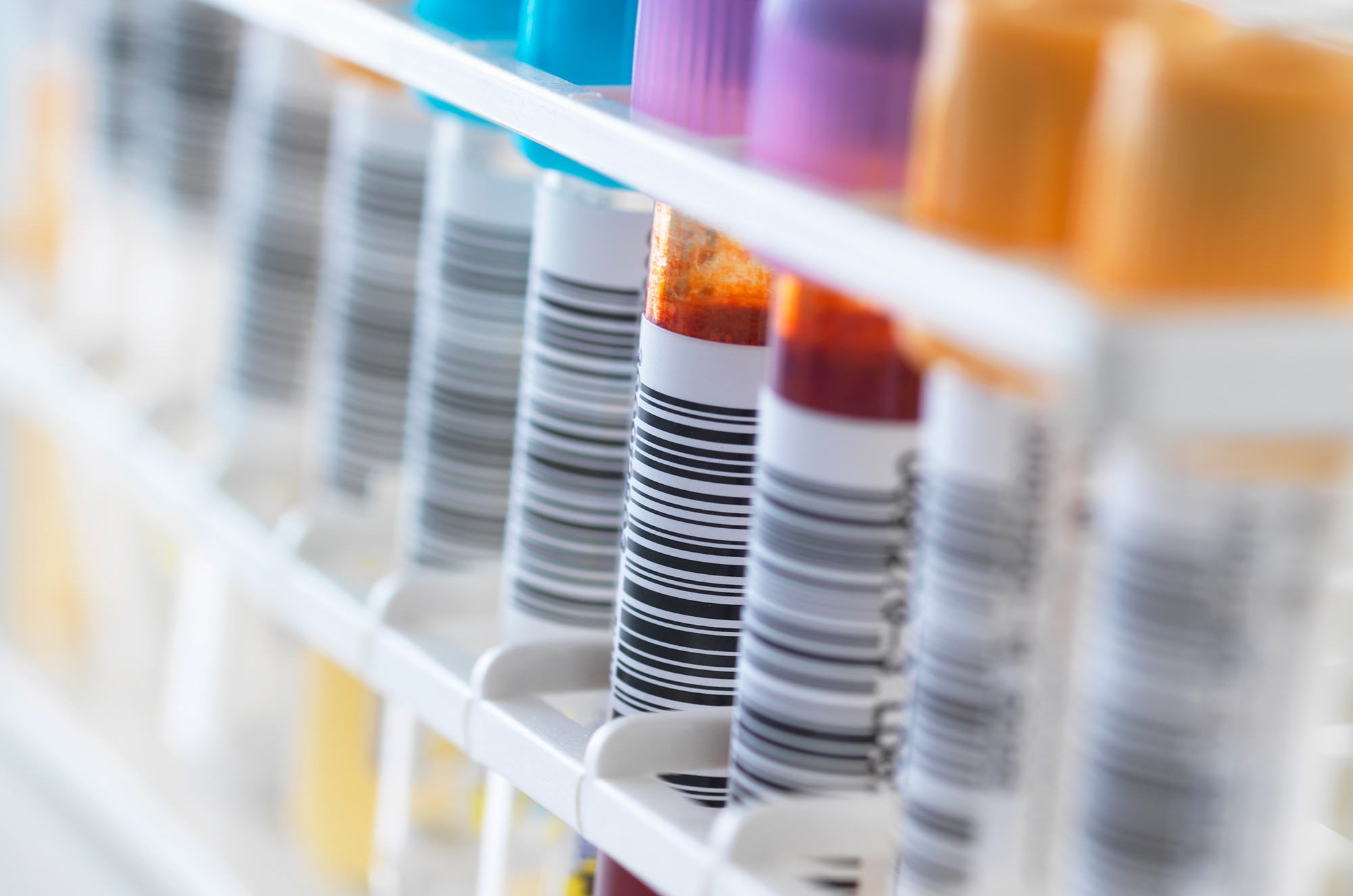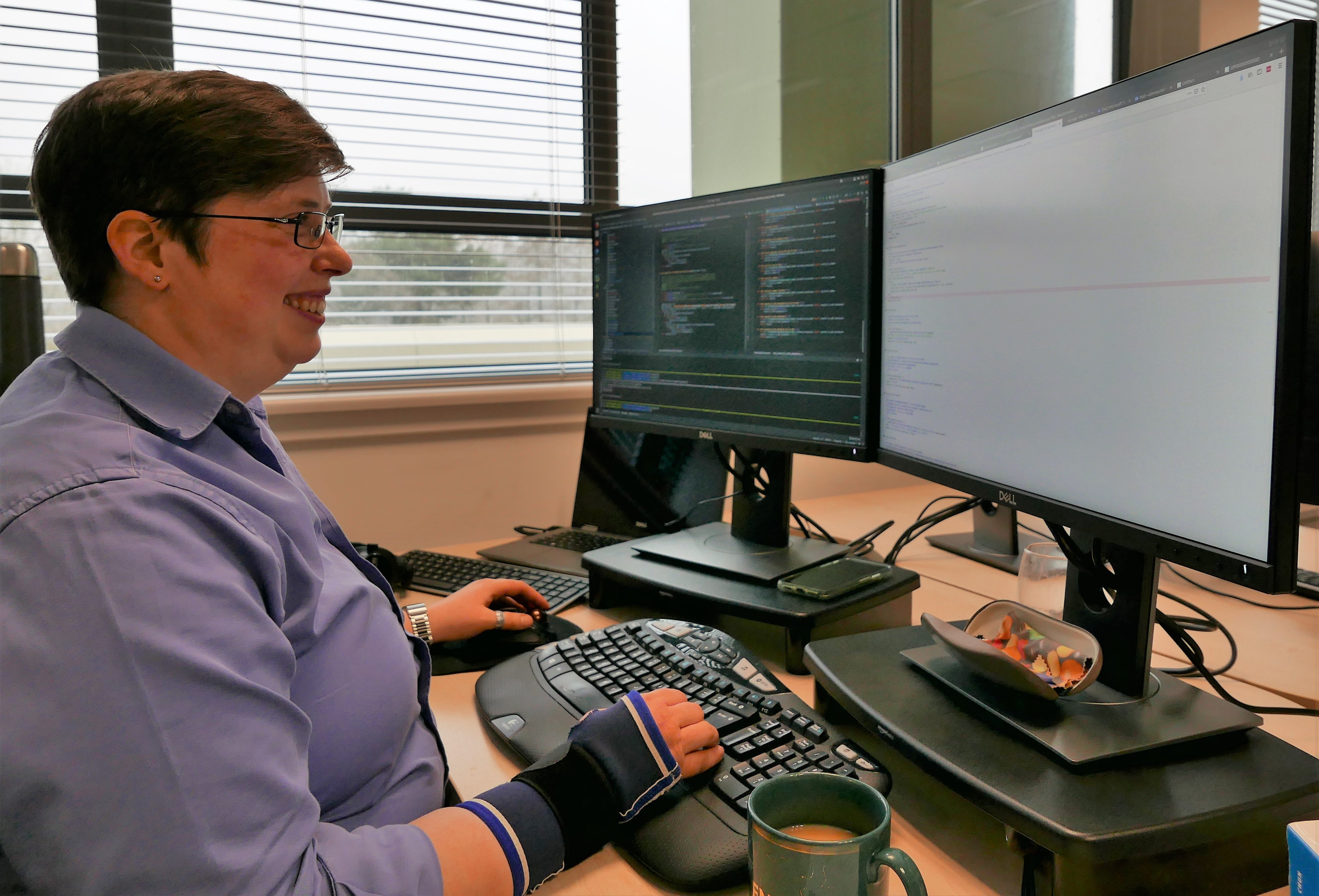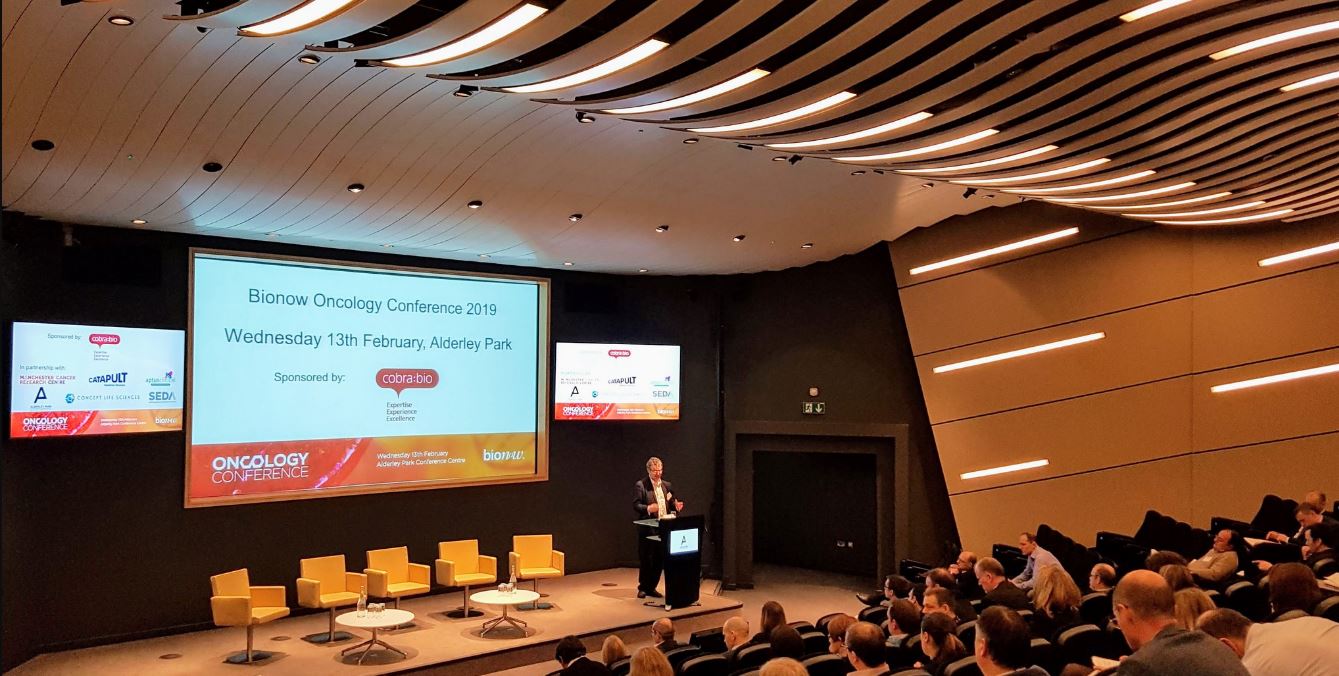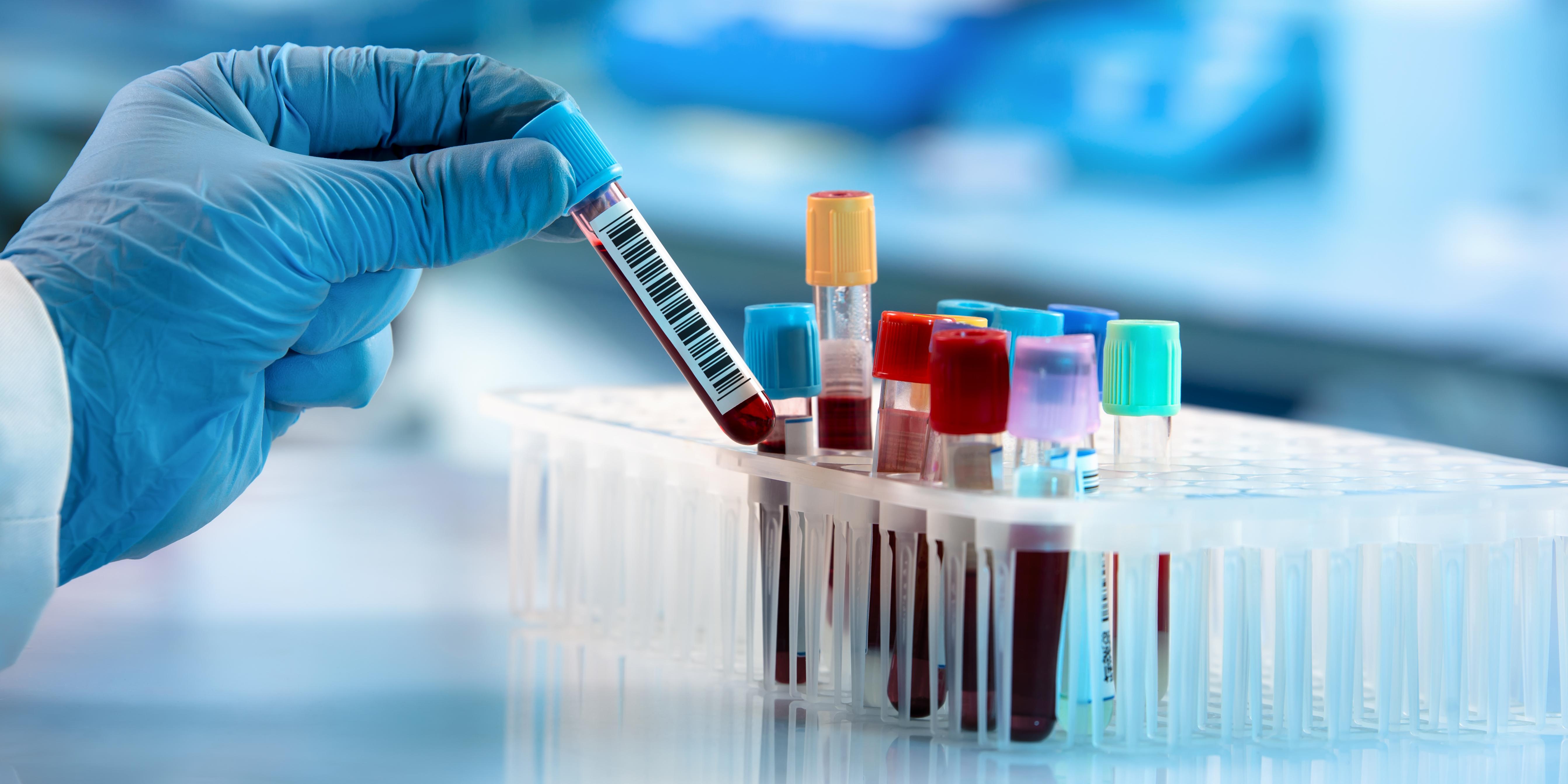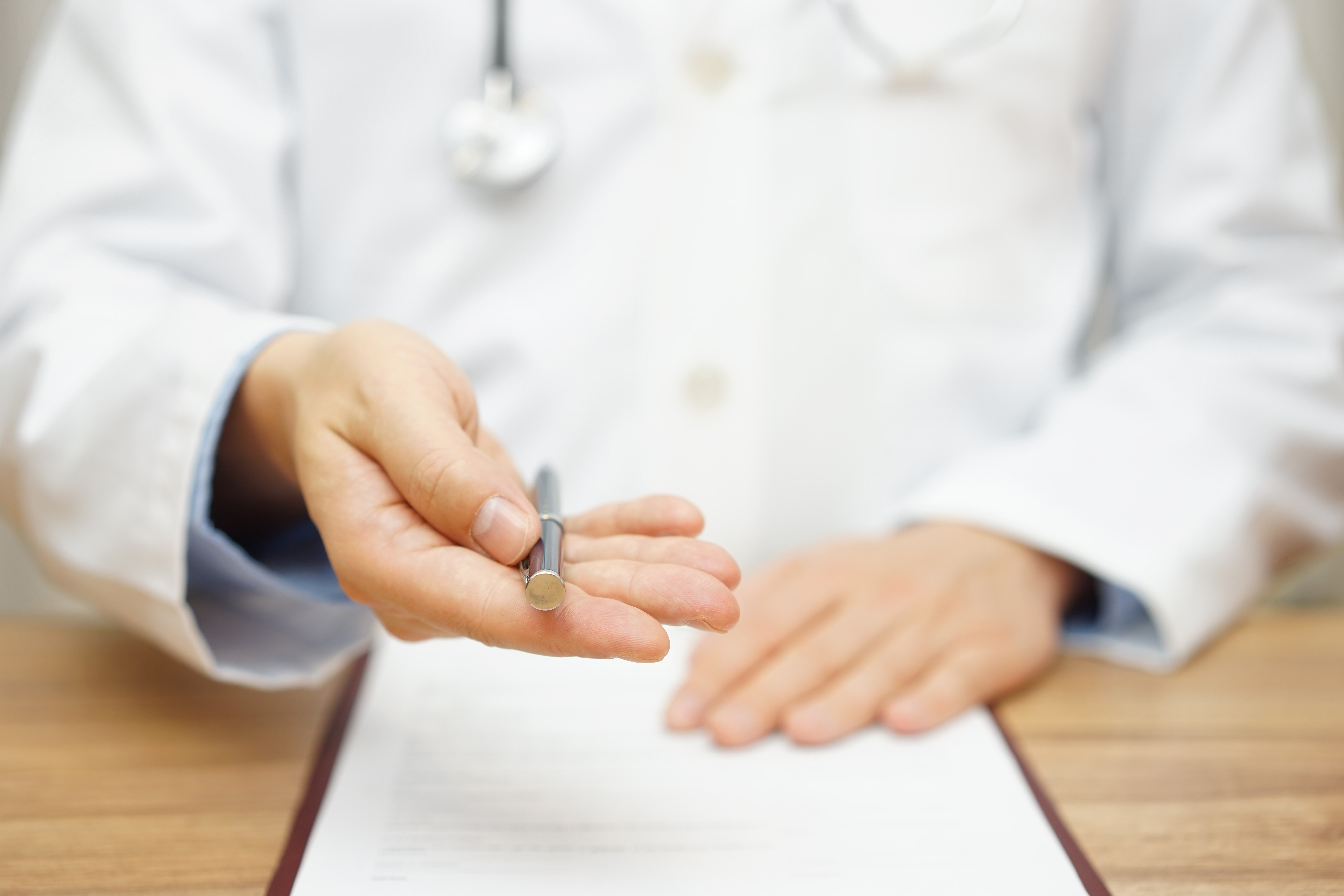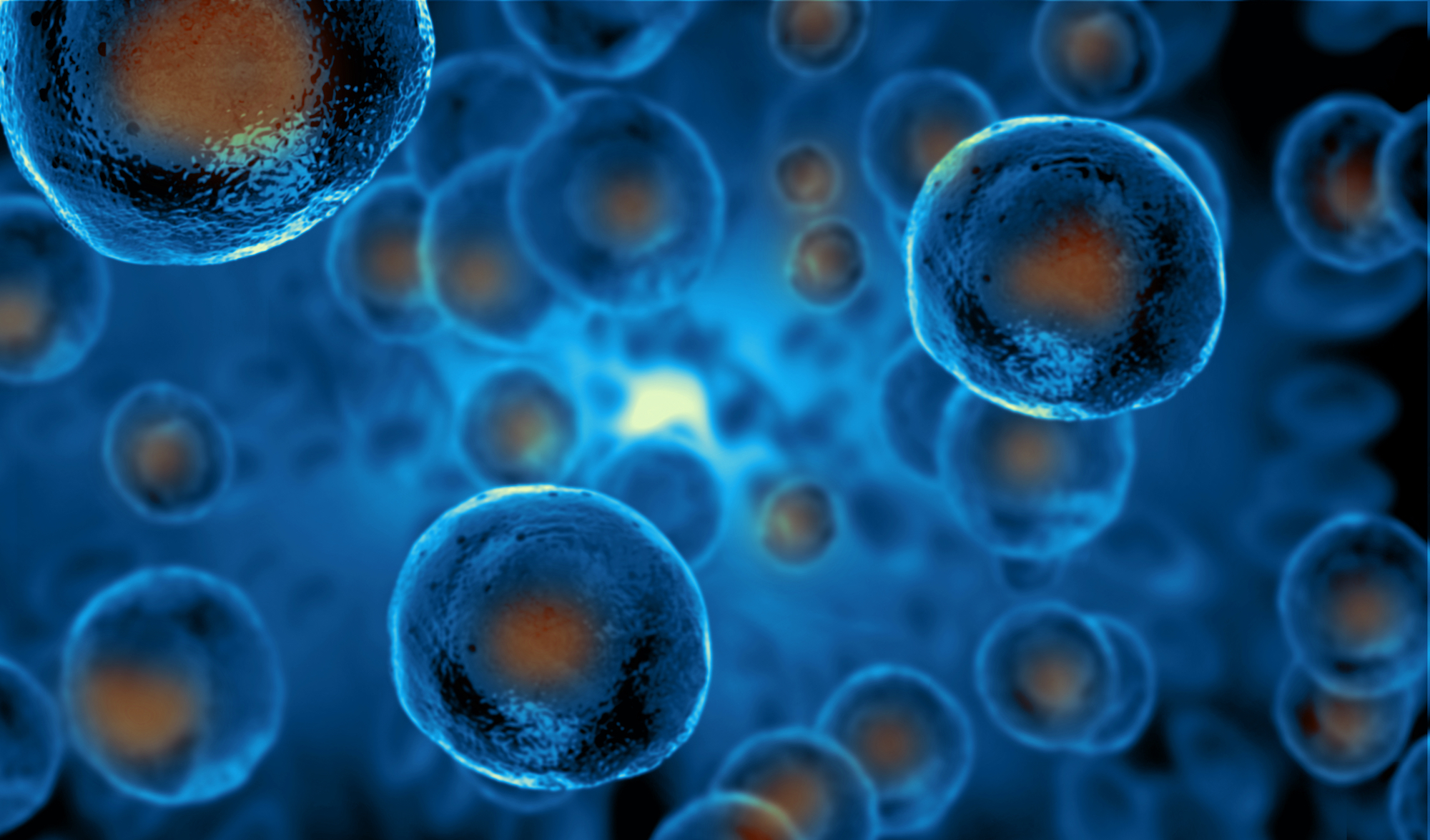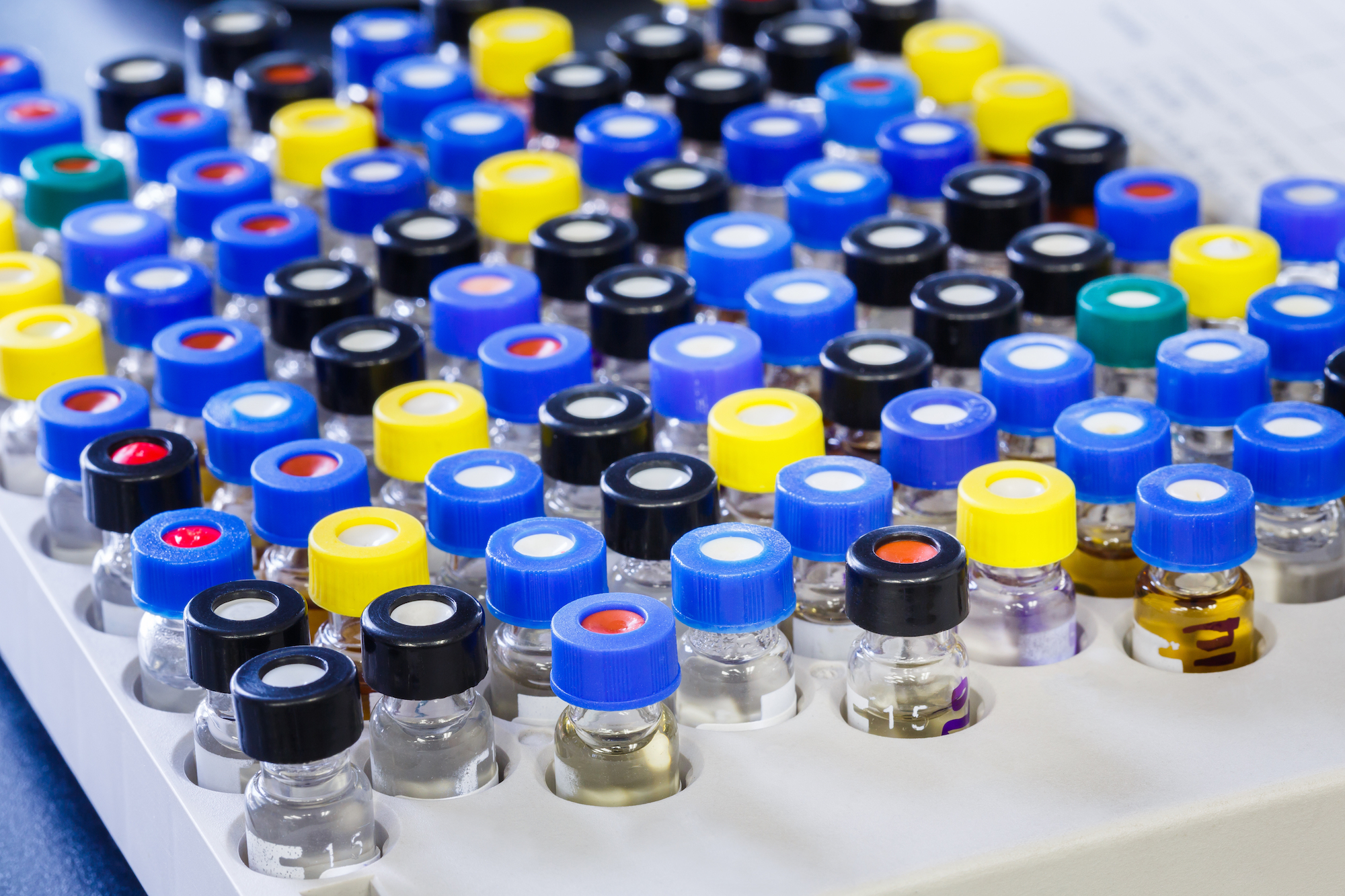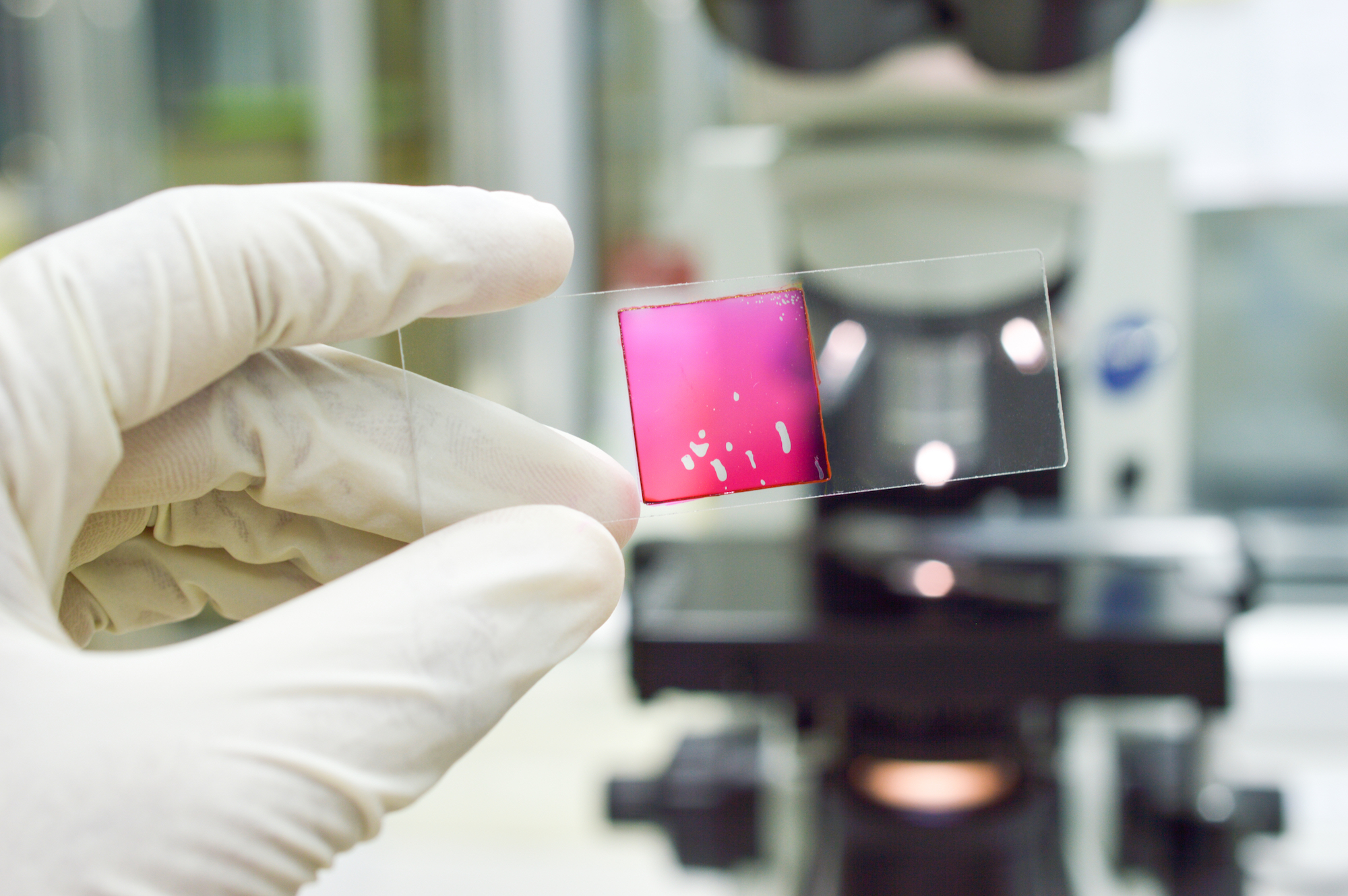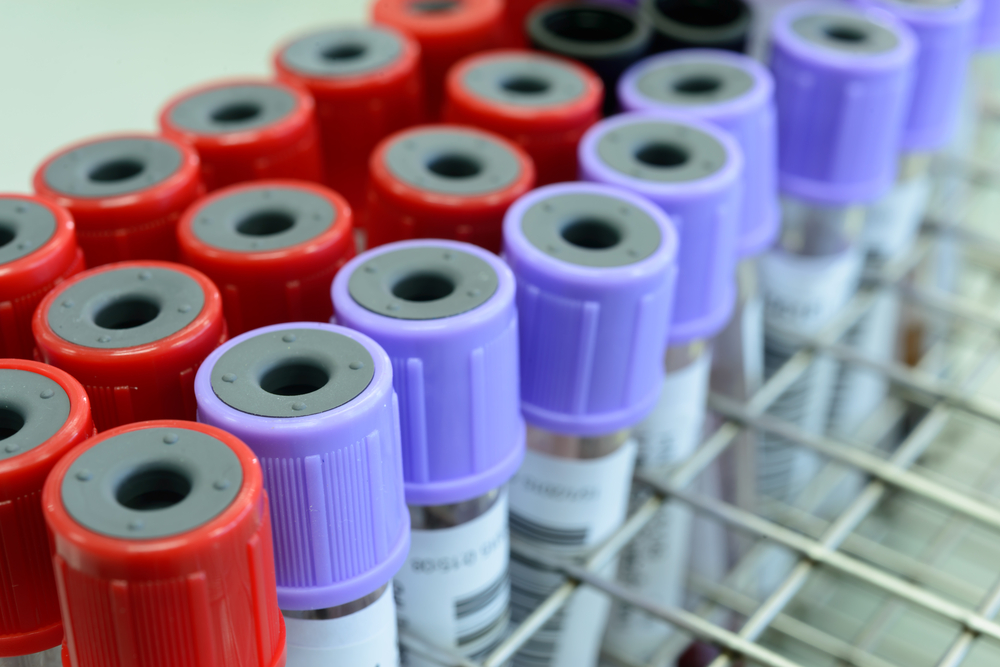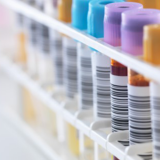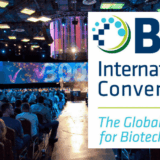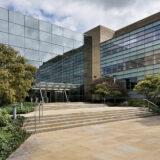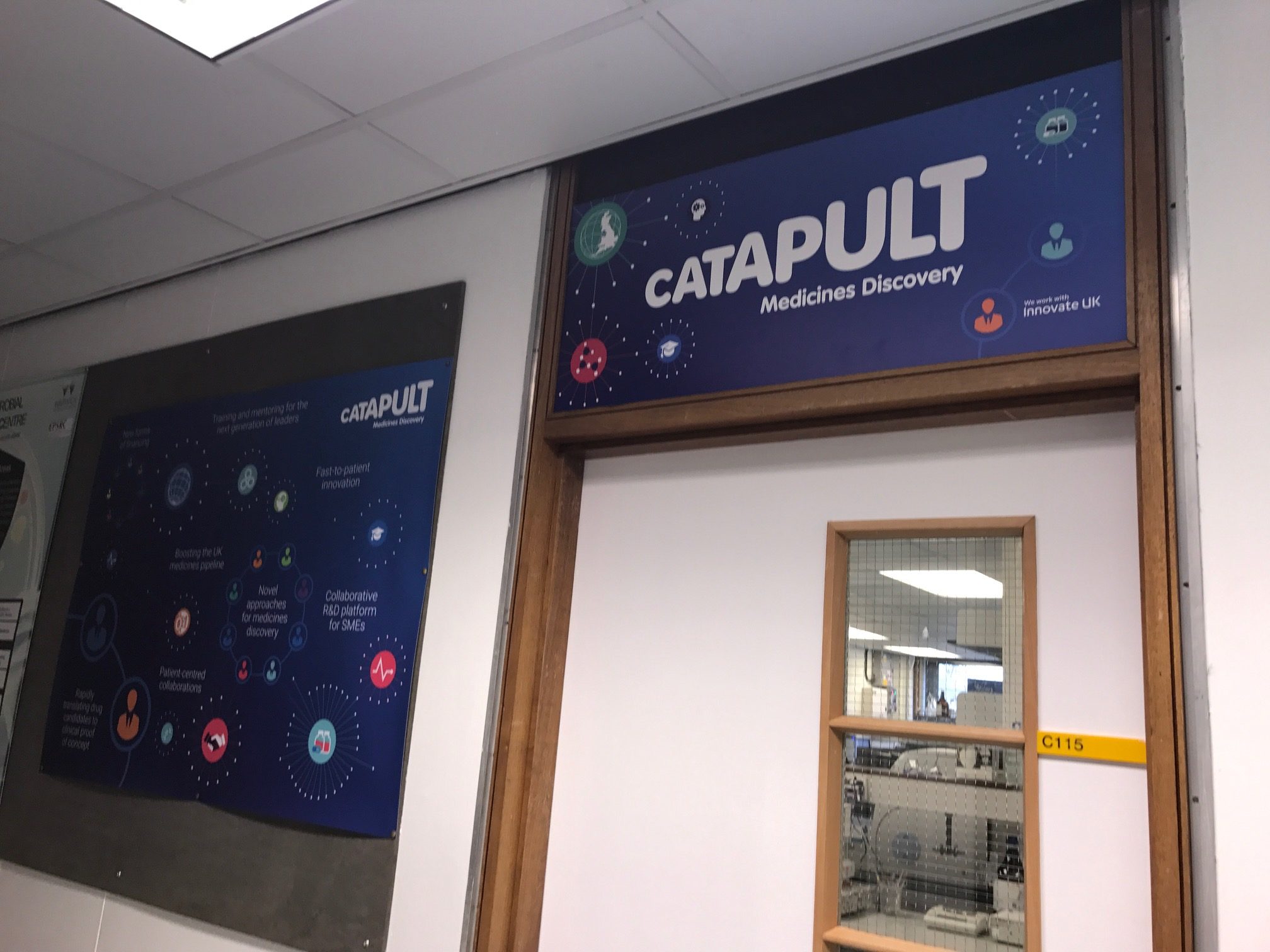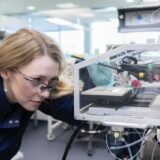Meet Gayle Marshall – Lead Scientist Biomarkers
Which team do you work in and what does that team do?
I work in the Biomarkers team within Discovery.
Biomarkers is such a broad term; many of us do biomarkers such as microscopy, mass spec and pre-clinical imaging.
My motivation has always been about implementing these biomarkers to support drug development from late stage preclinical and into the clinic, to answer questions like:
- Who should we dose?
- How do we know if it’s better than current treatments?
- How do we know we are hitting the target in the patient?
What’s your role within your team?
I am a Lead Scientist – my role focuses on collaborating with researchers who are looking to move their drug into the clinic – I love building a biomarker strategy and helping implement it.
How does your role support other functions within the organisation?
Biomarkers is very cross-functional, it links with all the themes in the organisation – Discovery, Informatics, Syndicates.
- We can measure biomarkers in the cell models we build to test how similar they are to the patient
- Biomarkers can be additional to the pre-clinical imaging we carry out in vivo
- Clinical biomarkers continue from the target engagement activities to test if we can measure this in the patient
- Most importantly we need the right samples to test our pre-clinical hypothesis
What three words would best describe your team?
Innovative, collaborative and with a can-do attitude.
What attracted you to the drug discovery industry and Medicines Discovery Catapult?
I have worked in drug discovery for about 20 years. I kind of fell into the drug discovery industry, naturally, it was never a plan. My career path seems to always be by chance, opportunities come up and I go for it – I’ve been lucky.
I was particularly drawn to Medicines Discovery Catapult when Graham Boulnois (the former Chairman) shared his vision for the Catapult 4 years ago, it resonated with me that it would bridge all the gaps we see in UK drug development. I emailed Graham and asked if I could join him in his quest – I was one of the first employees – to see how the company has grown today, it’s amazing to be part of the journey, the growth, the innovation.
What do you aspire to achieve in this industry?
To get the best drugs on the market. We all know the cost and time it takes to get one drug on the market and up until recently, has always been a solo activity. Researchers are more collaborative; they have to be. I love being at the start of their clinical journey, mapping out what markers we would test to show its working in the patient, rather than good luck.
A good biomarker strategy really would save time and money in the long run.
Tell us about any work you’ve done that you’re most proud of.
Being at MDC from the start, building the labs and projects and seeing our reputation grow – getting in all the exciting new technology that will change the way we do biomarkers for drug discovery.
How do you stay connected with what’s happening in the industry?
Conferences are a good way to talk to people, the more we collaborate the more people want to talk to us to tell us about their own drivers in drug discovery.
I’ve been in the industry for a long time now and keep in touch with ex colleagues regularly and by building new collaborations – I feel I know more about the outside world now than I did when I was embedded in Industry.
To date, what’s the most extraordinary or interesting job/project you’ve had in your career?
I’ve been really lucky in my career – hard work has opened up a whole heap of opportunities for me; a few of them, I feel really blessed to be part of.
In New Zealand, at the start of my career, I worked in a molecular biology lab, isolating and antisensing genes to make different flower colours. This gave me the best start in my science career, learning all techniques from the basics.
AstraZeneca gave me the opportunity to support a whole portfolio of Oncology projects into the clinic, heading up the Clinical Translational Medicine Laboratory there.
Then, there’s the Lighthouse Lab Network – being part of the team that set the facility up has been intense and I’m sure I will look back on it in years to come and be amazed at what we have achieved.
In all my jobs, it’s been the people that have made it so enjoyable.
Can you share with us your journey working at the Lighthouse Labs?
It’s been an incredibly intense whirlwind time where it got to a point where you didn’t even know what day it was because you were so focused on getting the lab setup, getting the people in. It’s not like you can take your time over some of these things because samples were arriving, you knew you only had a certain amount of time to actually process those samples.
It was a case of getting things set up and working and delivering that data straightaway, especially when you know there’s a patient at the end of it waiting for the result.
The number of people that we’ve met and the number of people who are so keen to be involved – it’s been such a great community but, my goodness, it’s been hard work.
It was always a challenge and hats off to all the people that stepped in to help with the rota. If you can imagine, 400 people who can all work on different days, different shifts, different times, trying to navigate who was going to be in, what day and on what station, what part of the workflow they were going to be part of – that’s a challenge in itself.
Overall, working at the Lighthouse Labs has been one to remember, an absolute incredible journey.
If you could swap your job with anyone in the world, who would you swap with?
I don’t think I could do anything else. I have thought that it would be nice to run my own business – seeing so many entrepreneurs doing this makes me want to support them even more as it’s such a brave move to make.
Tell us something you like doing outside of work.
Cycling. I love going out for rides on my bike, I have managed to get a few MDCers to join me which is fab and increases our team spirit.
Also spending time with my 3 kids – they are at the best age at the moment and love spending every minute with them.
Find out more about developing a biomarker strategy in a MDC Connects webinar.

